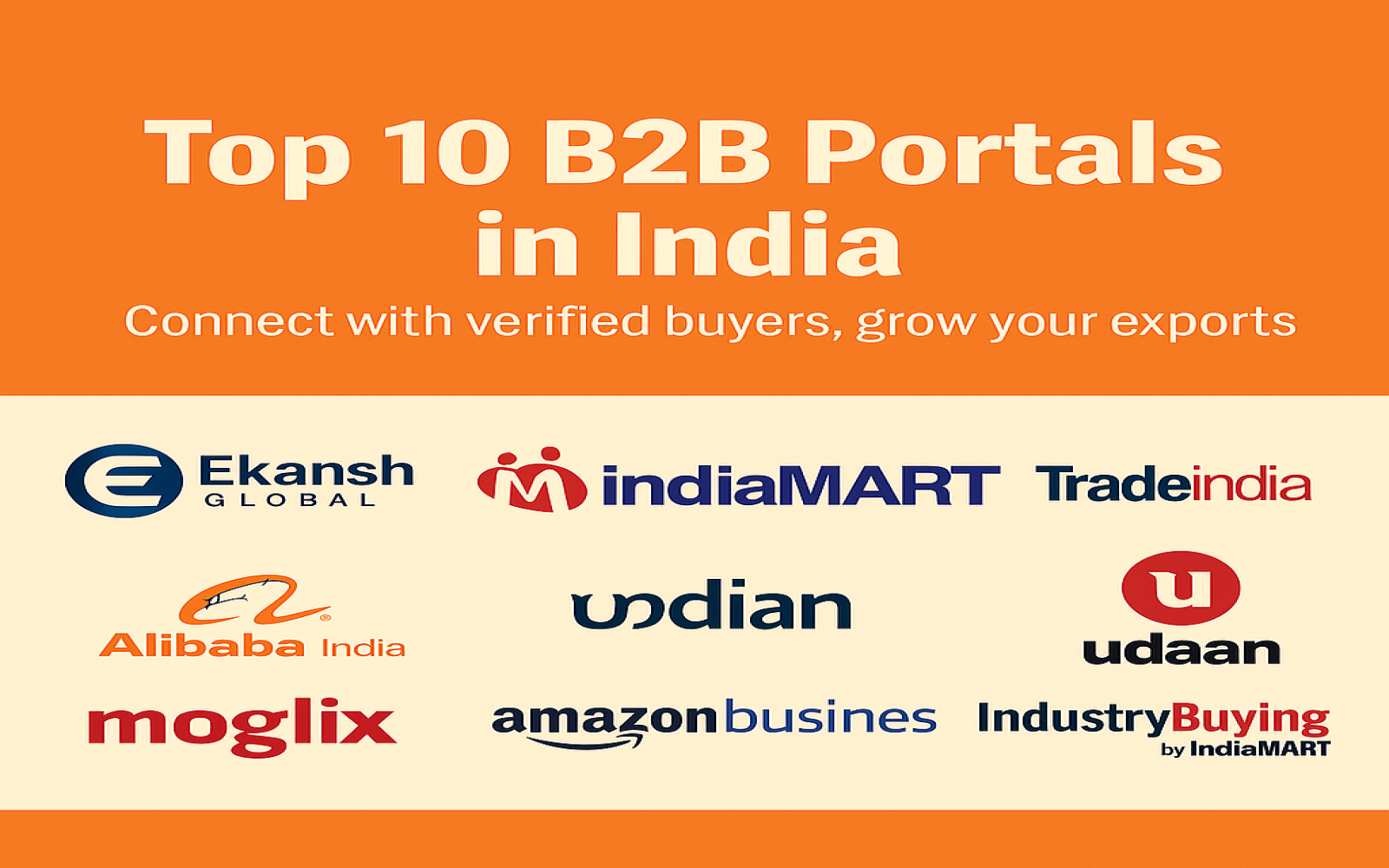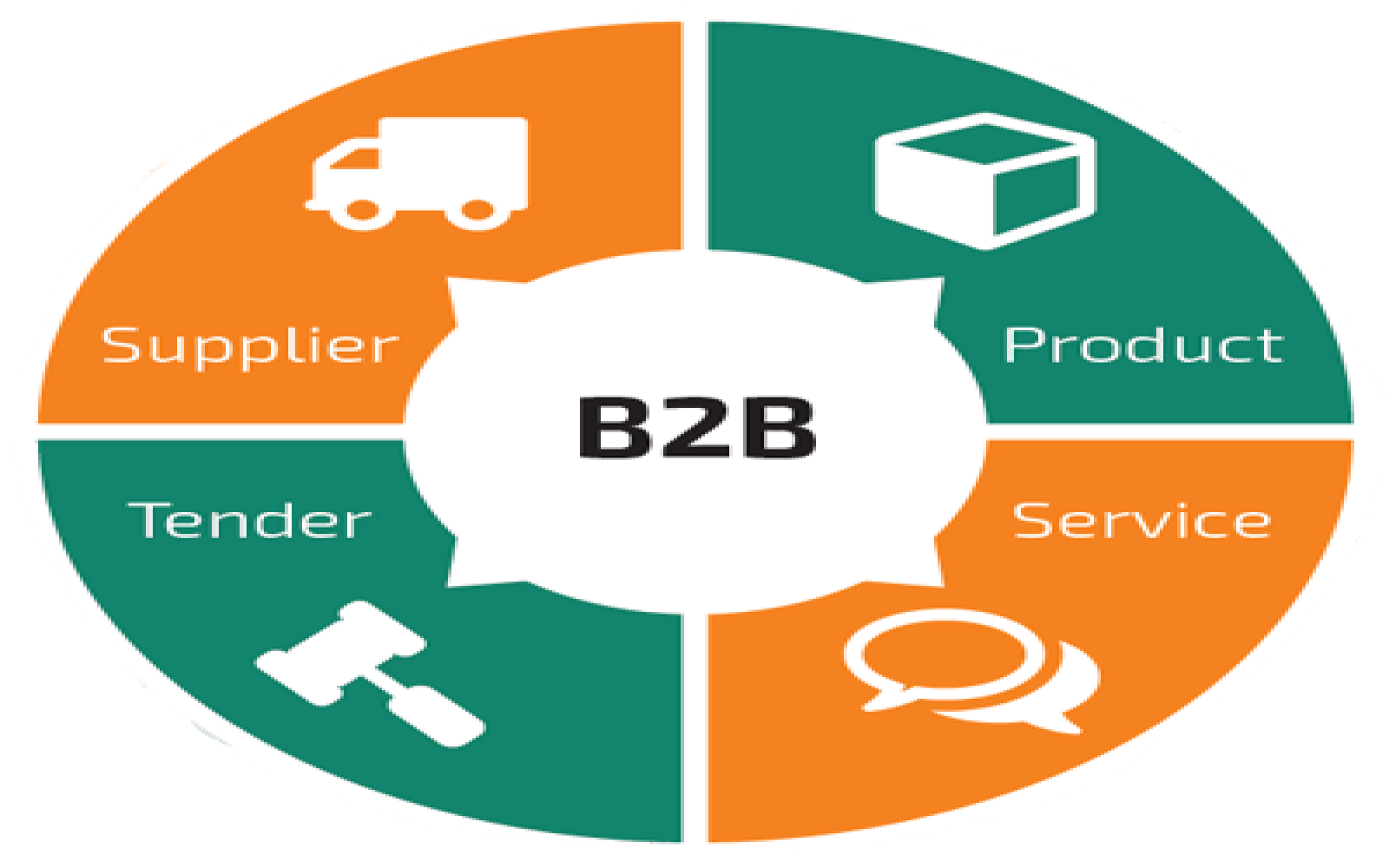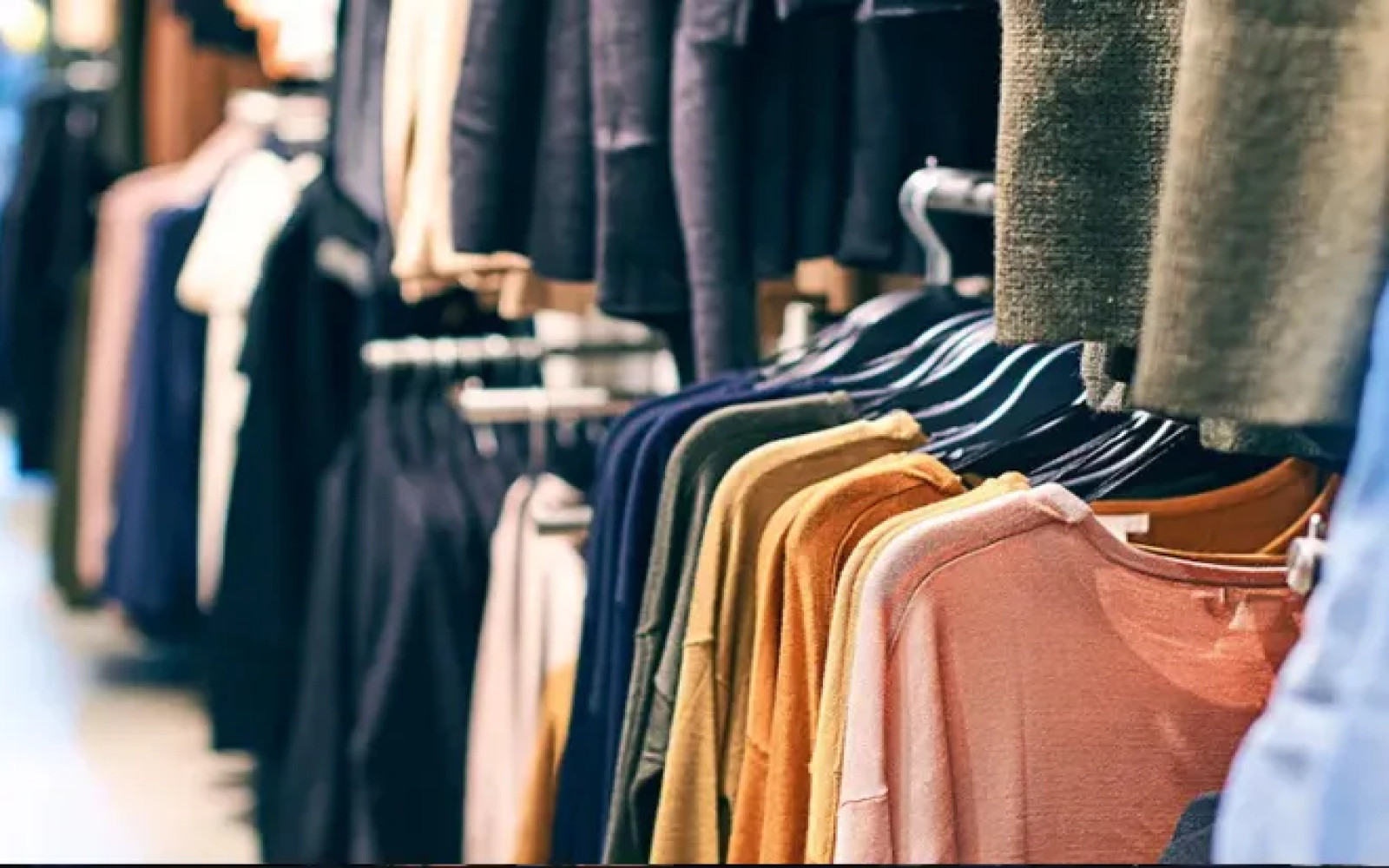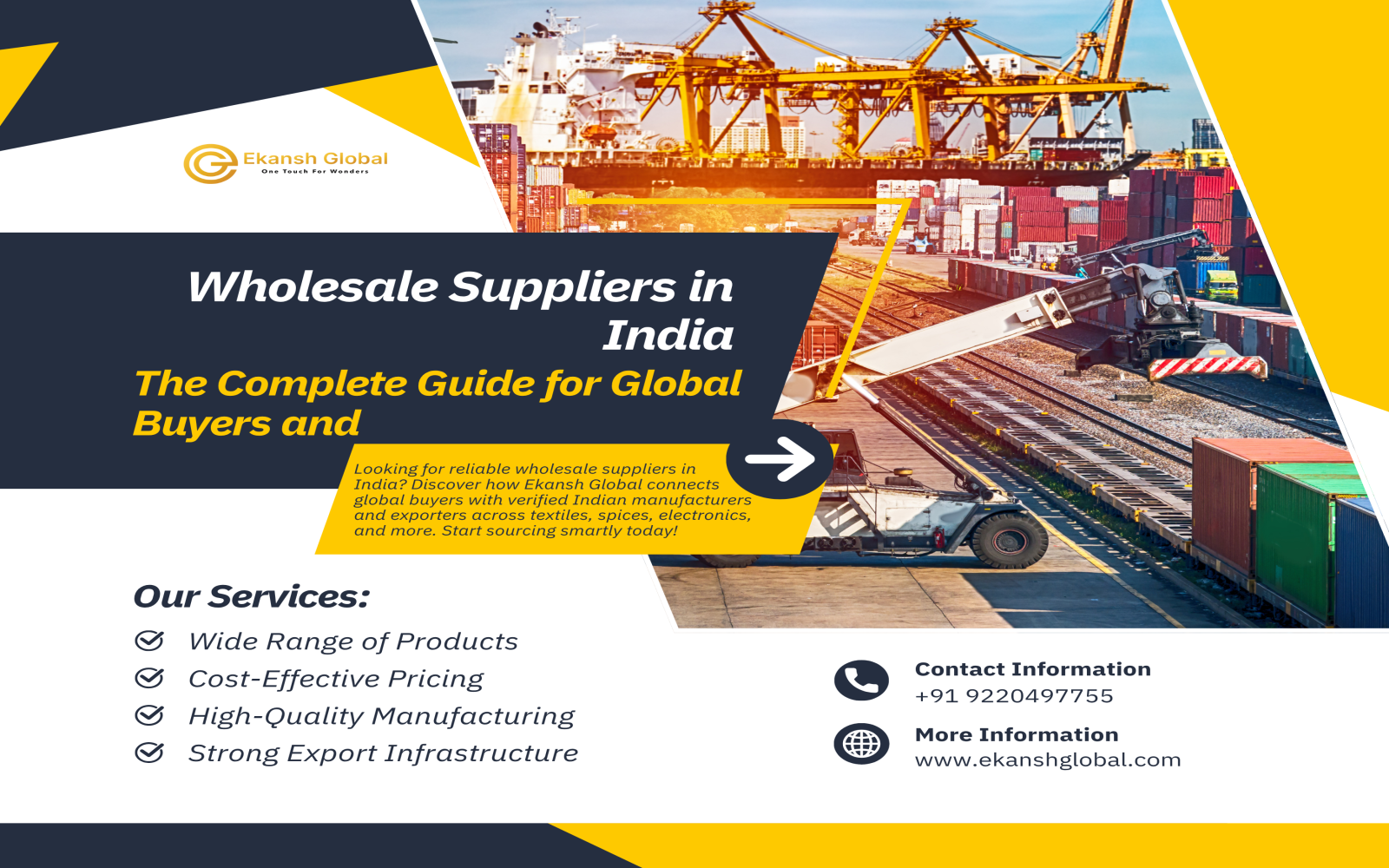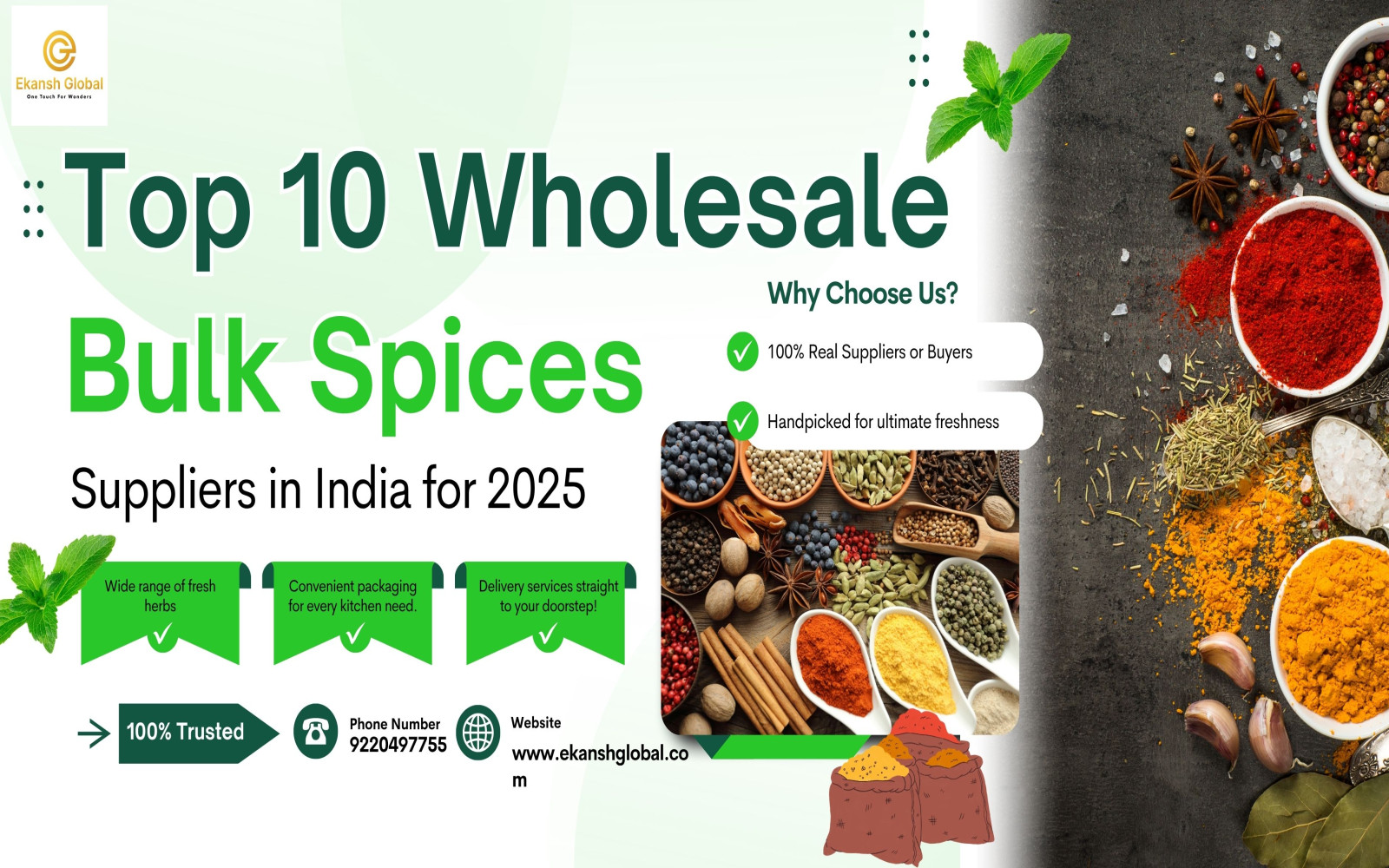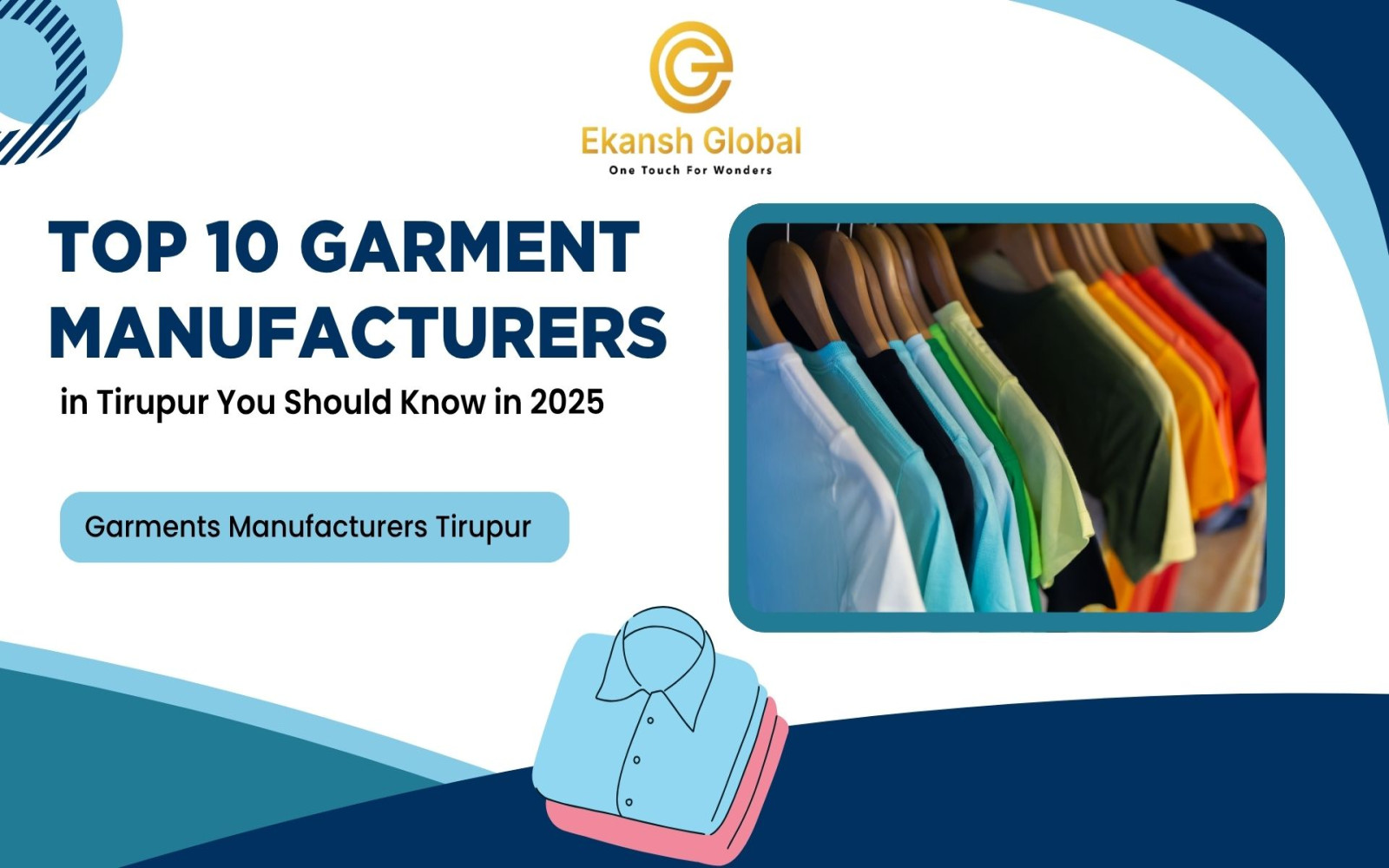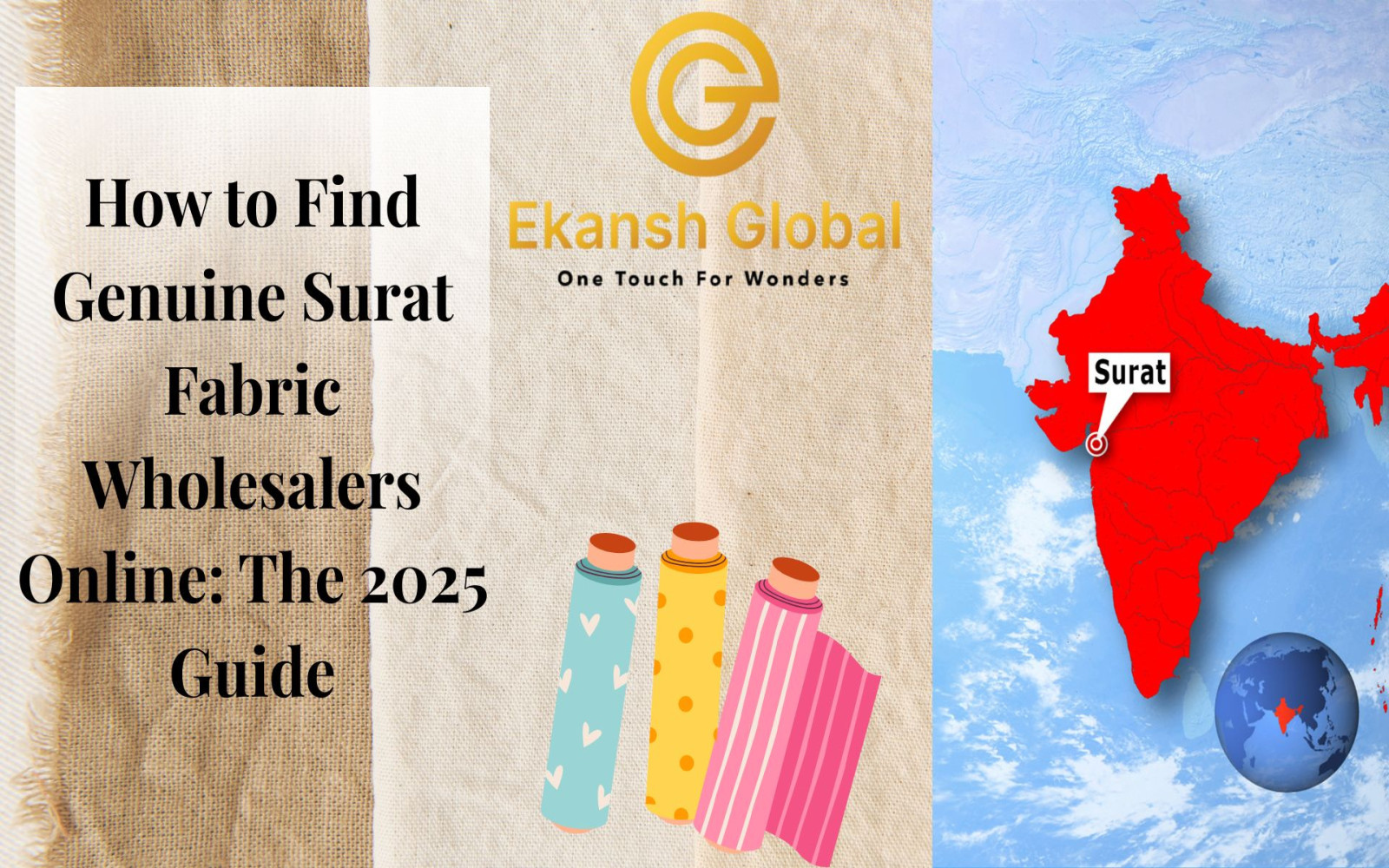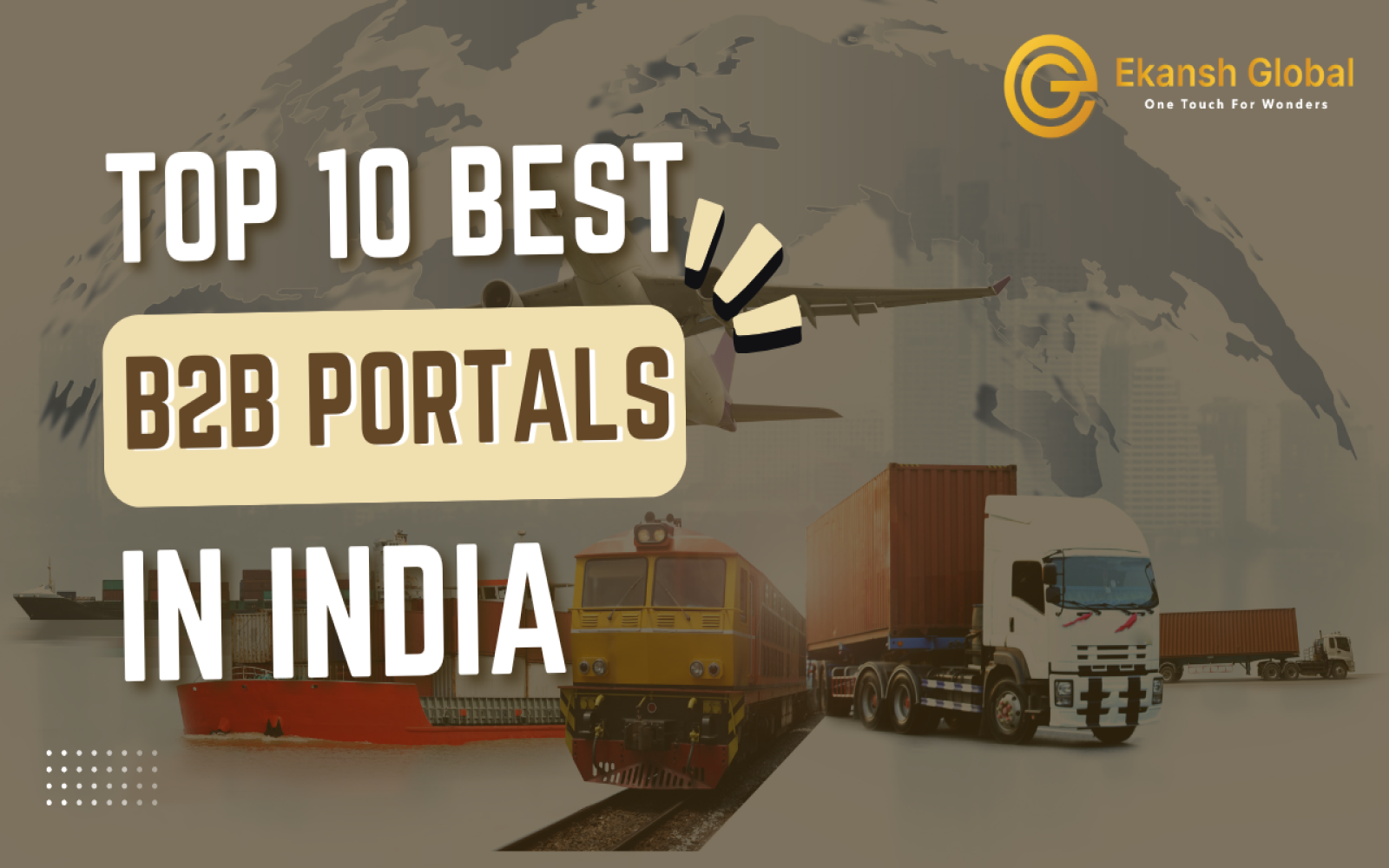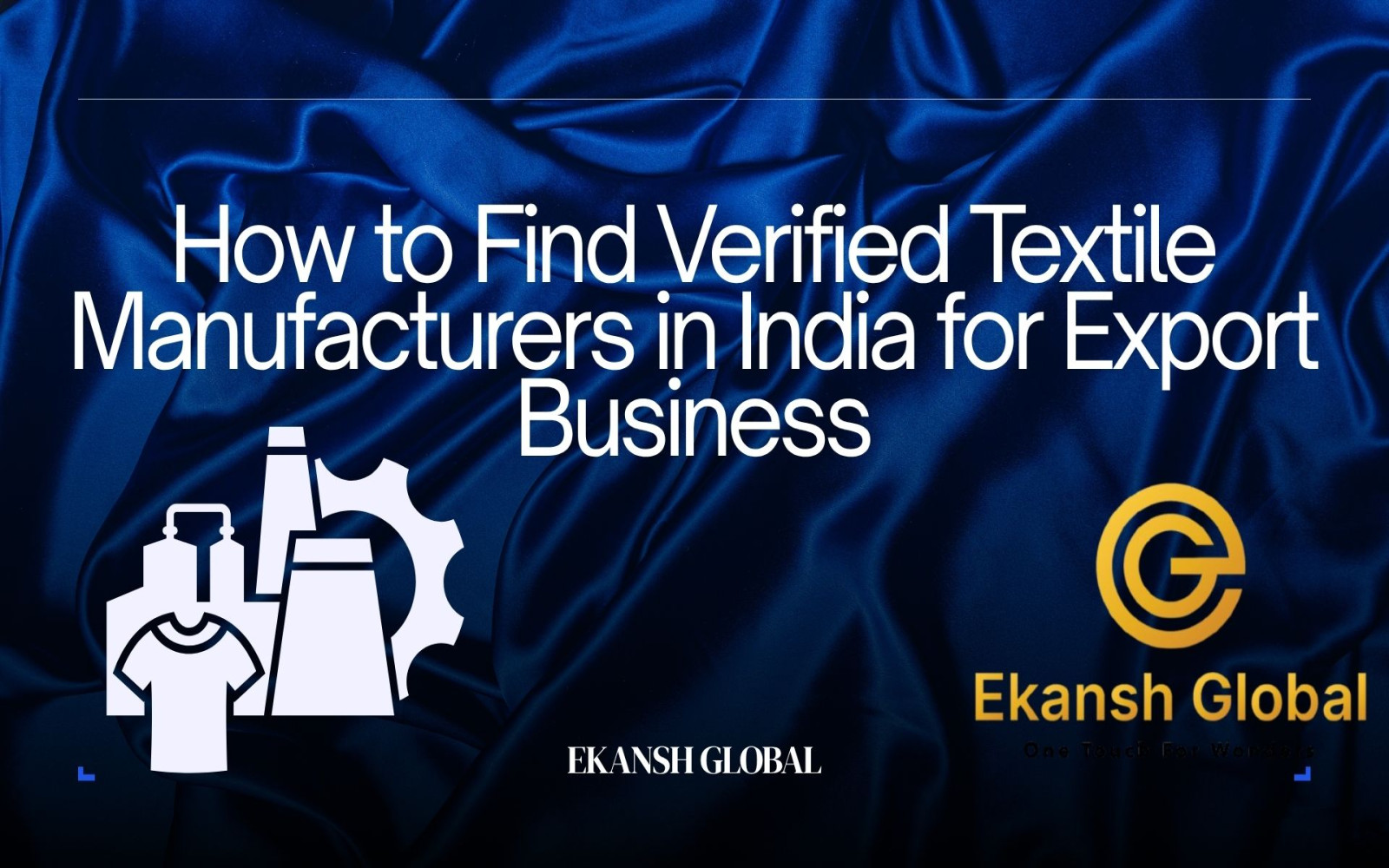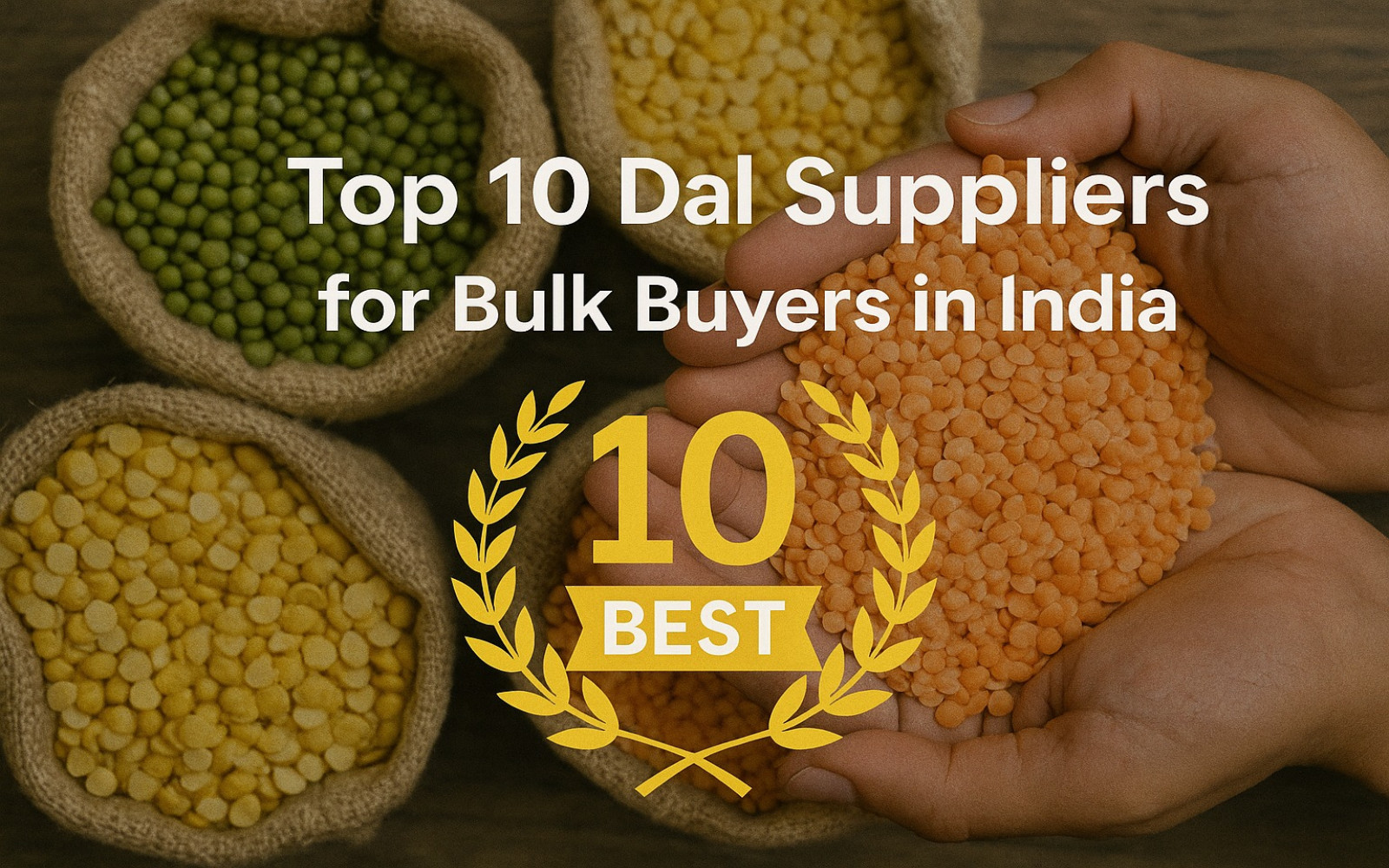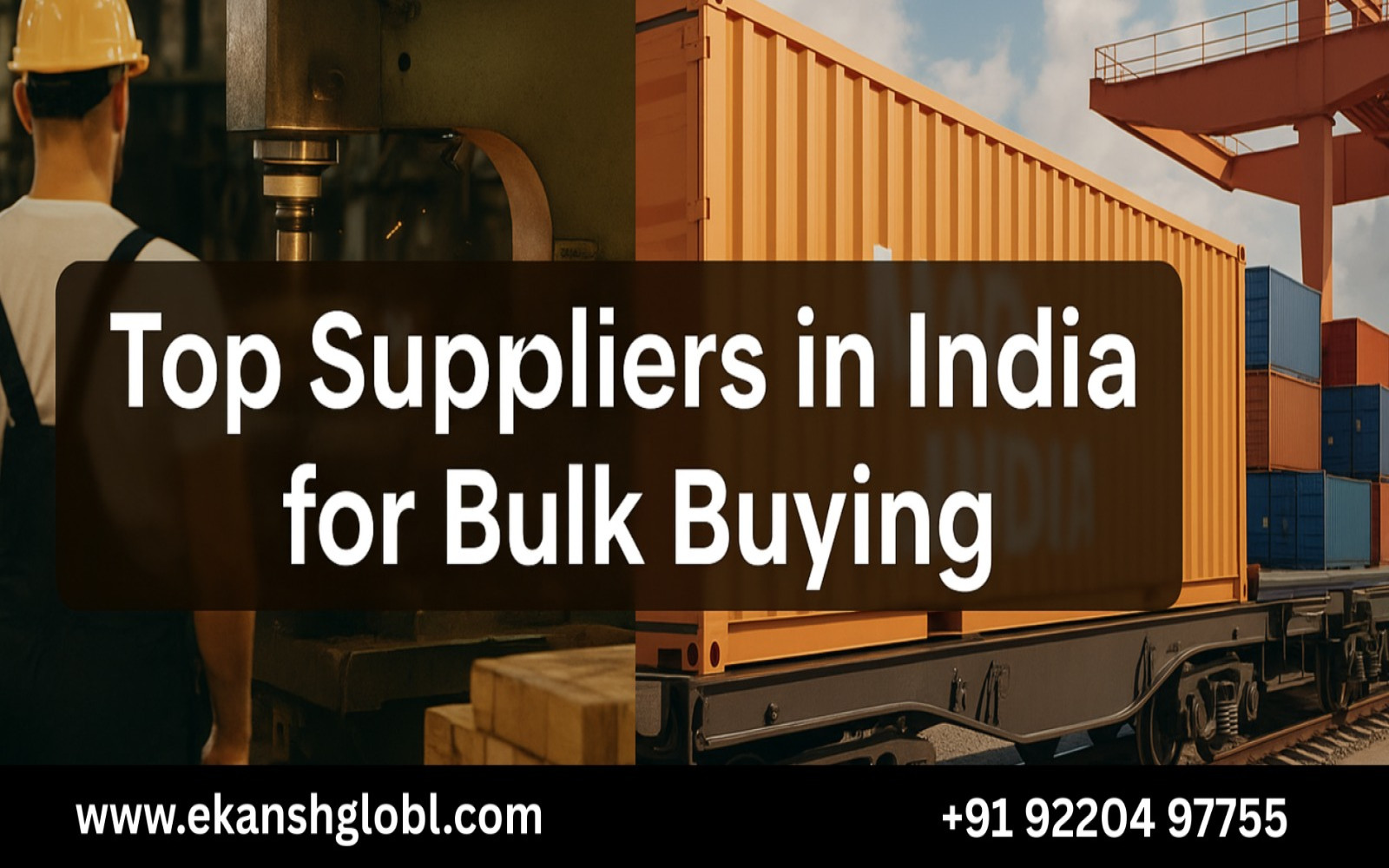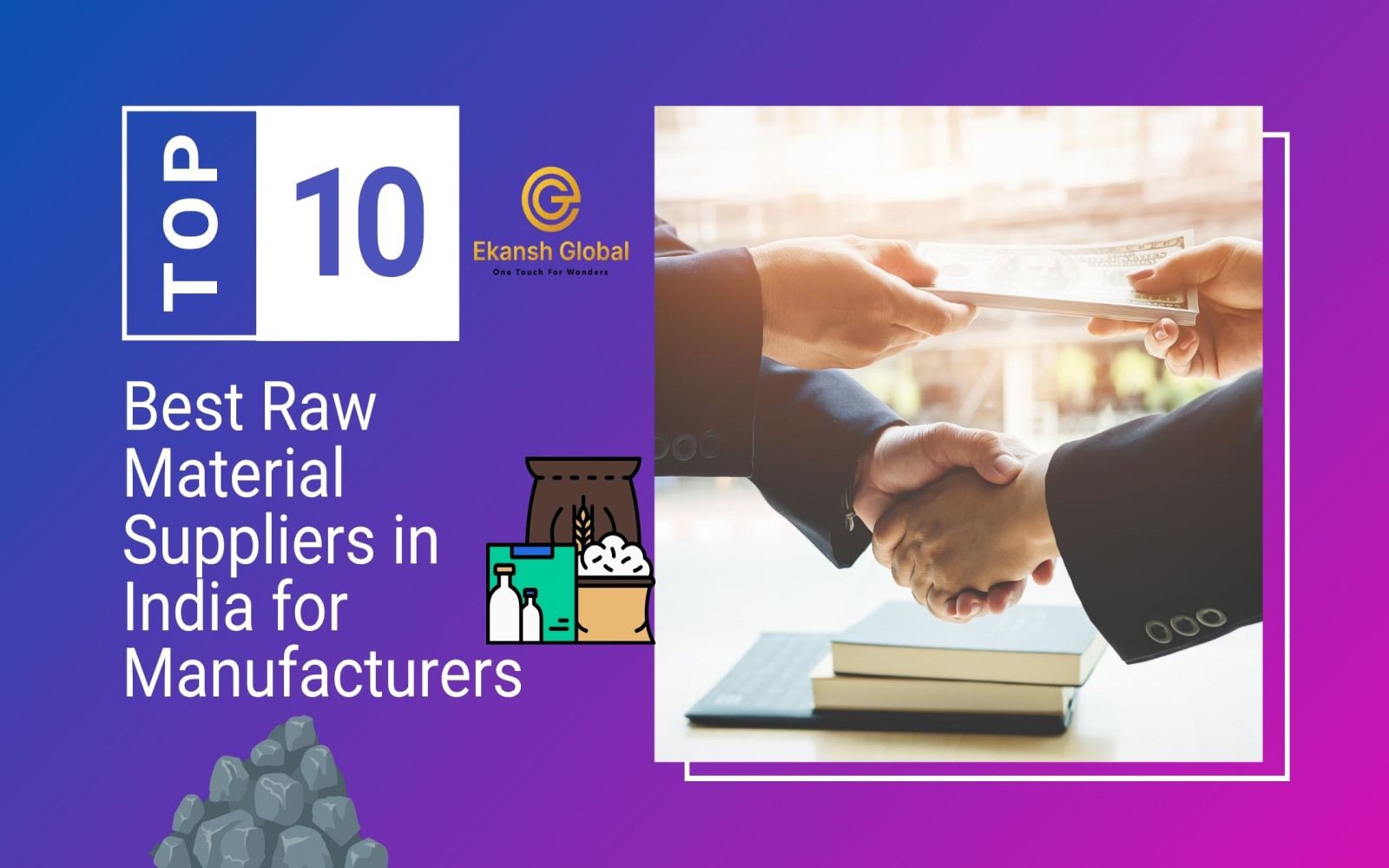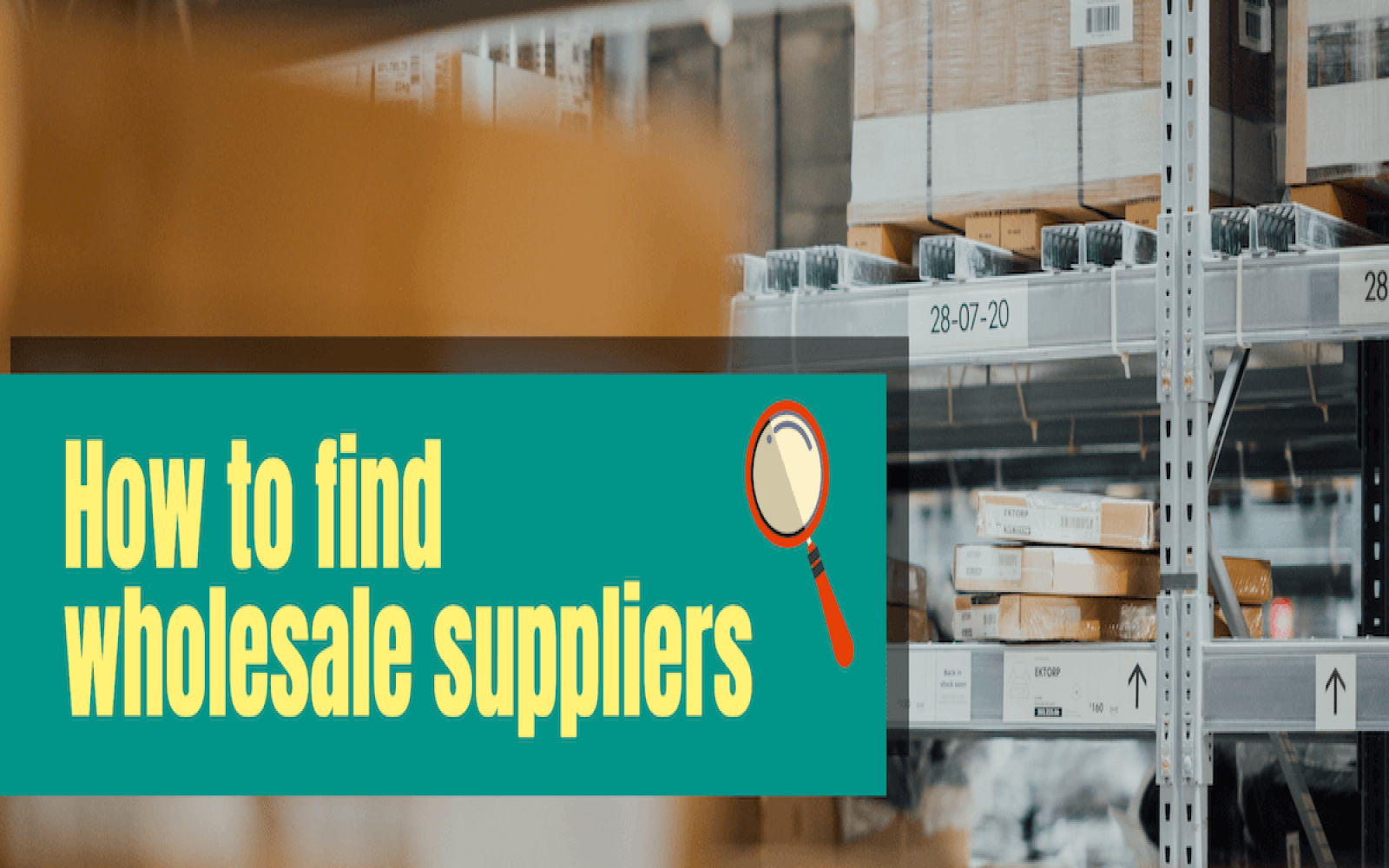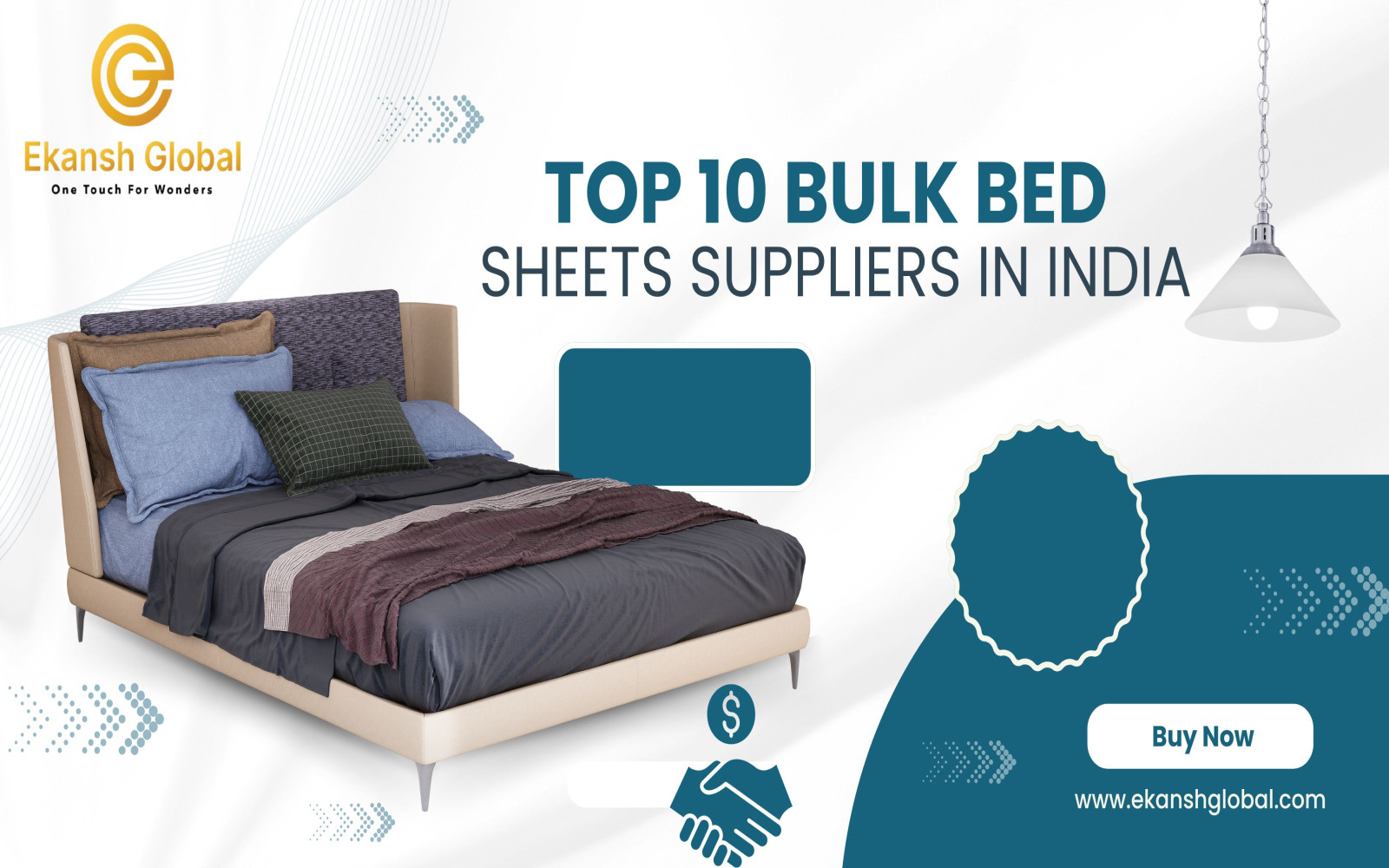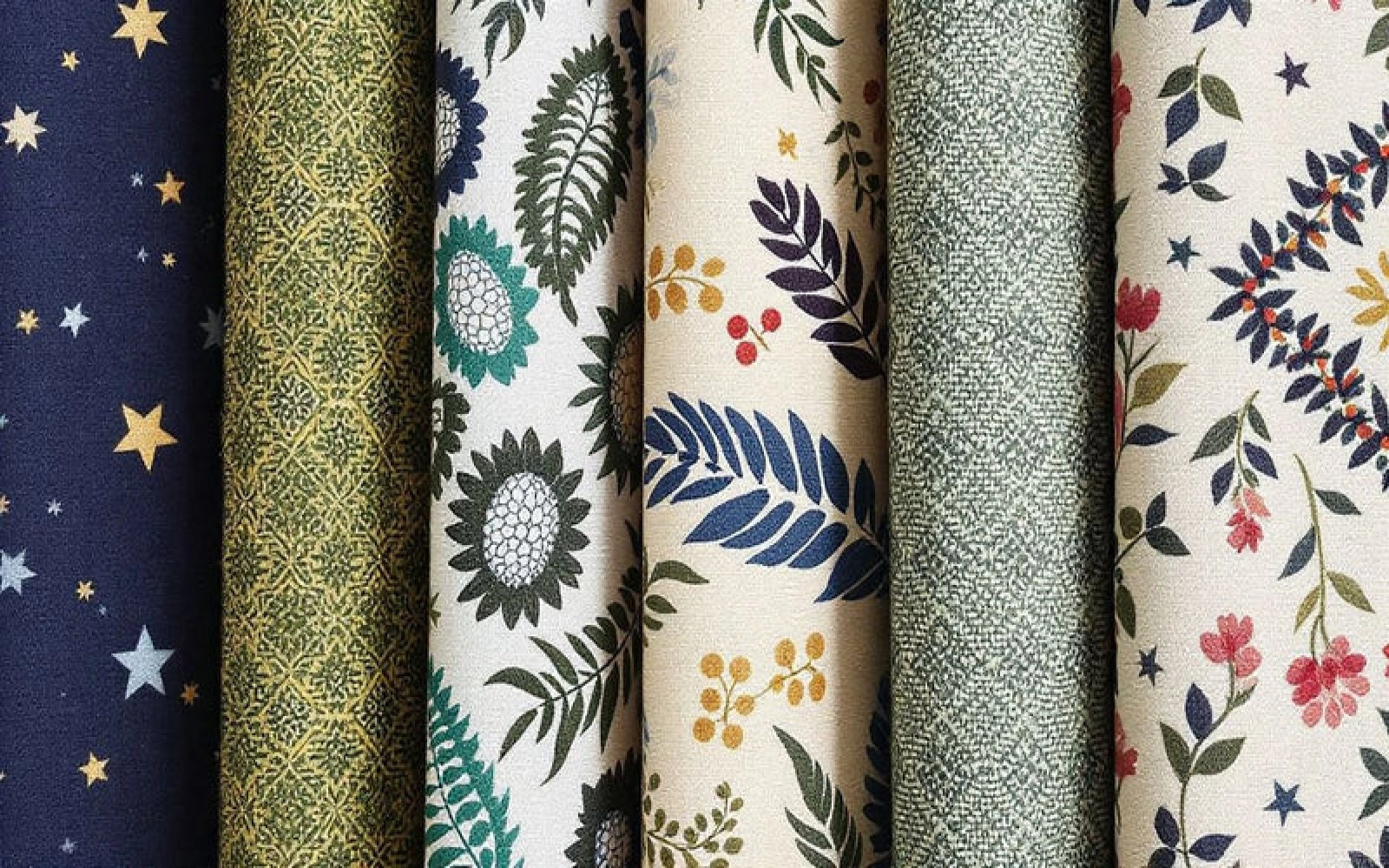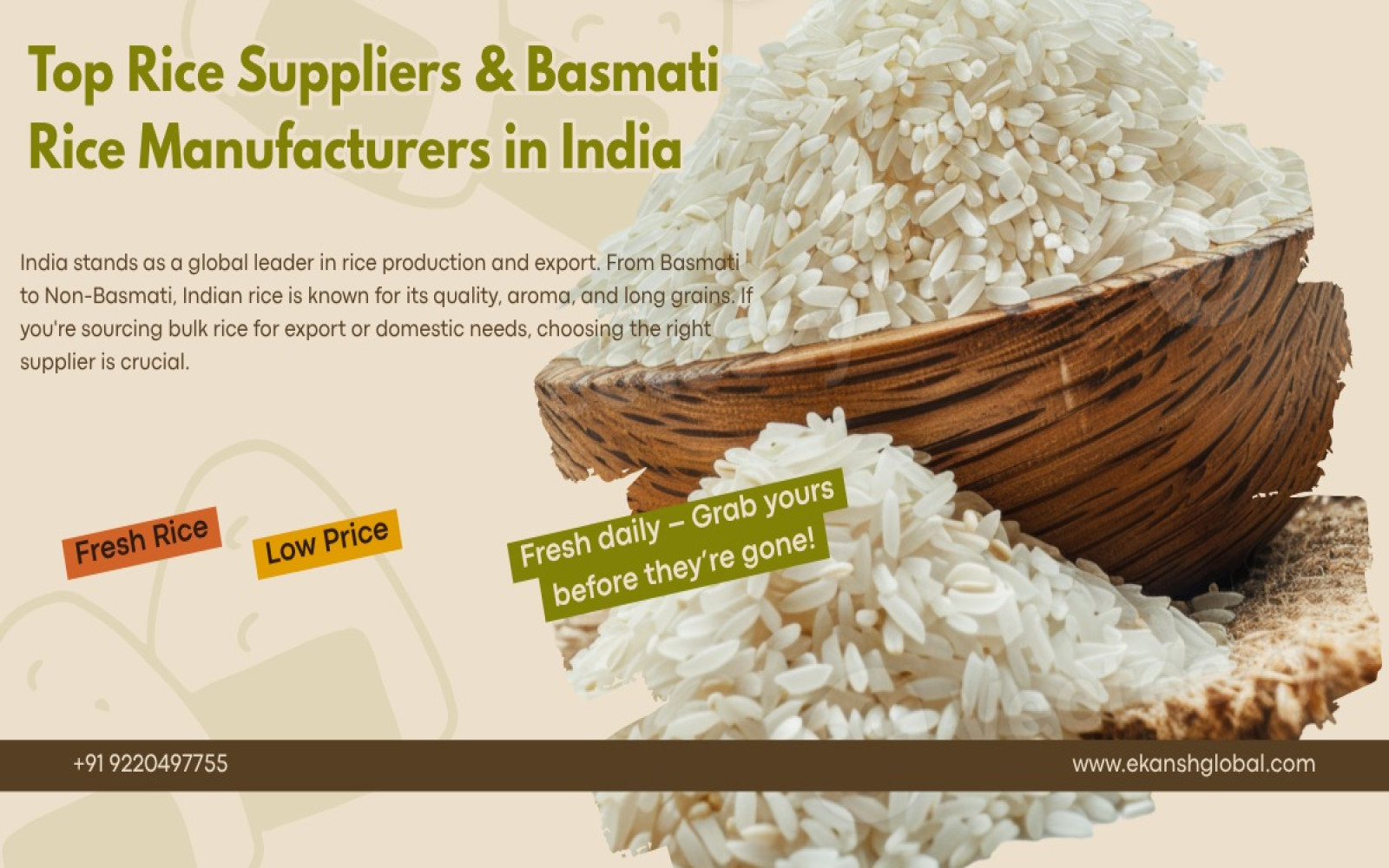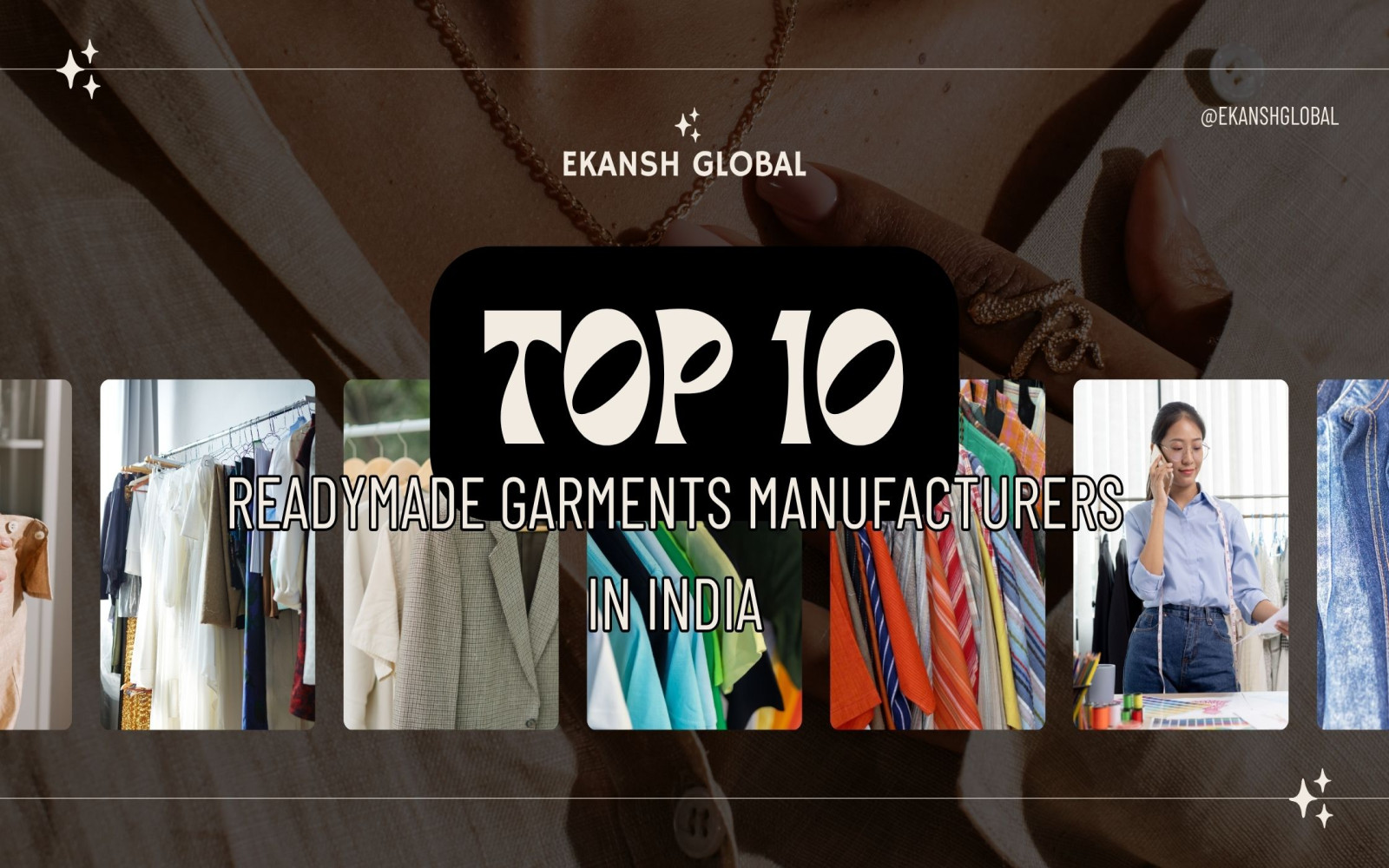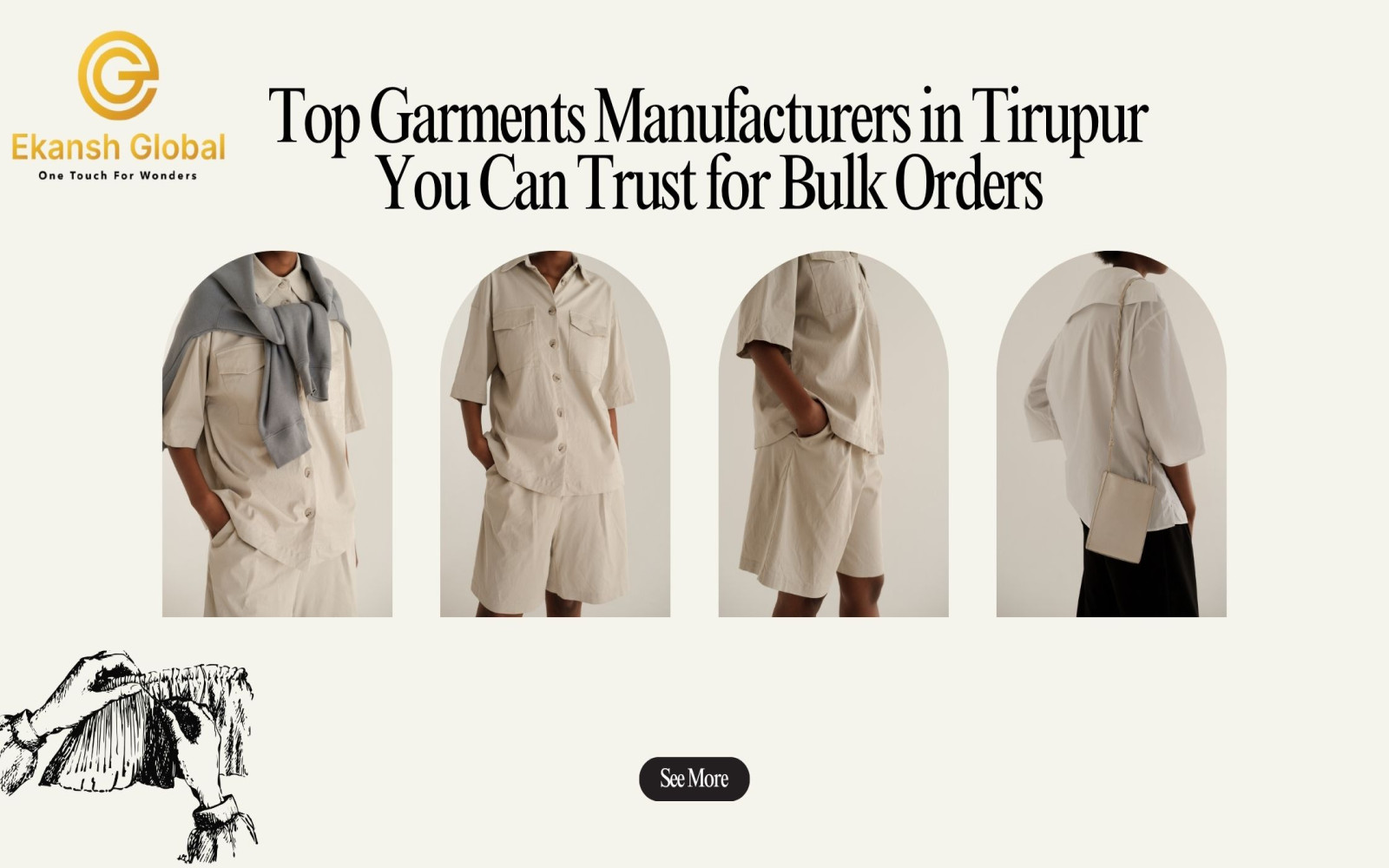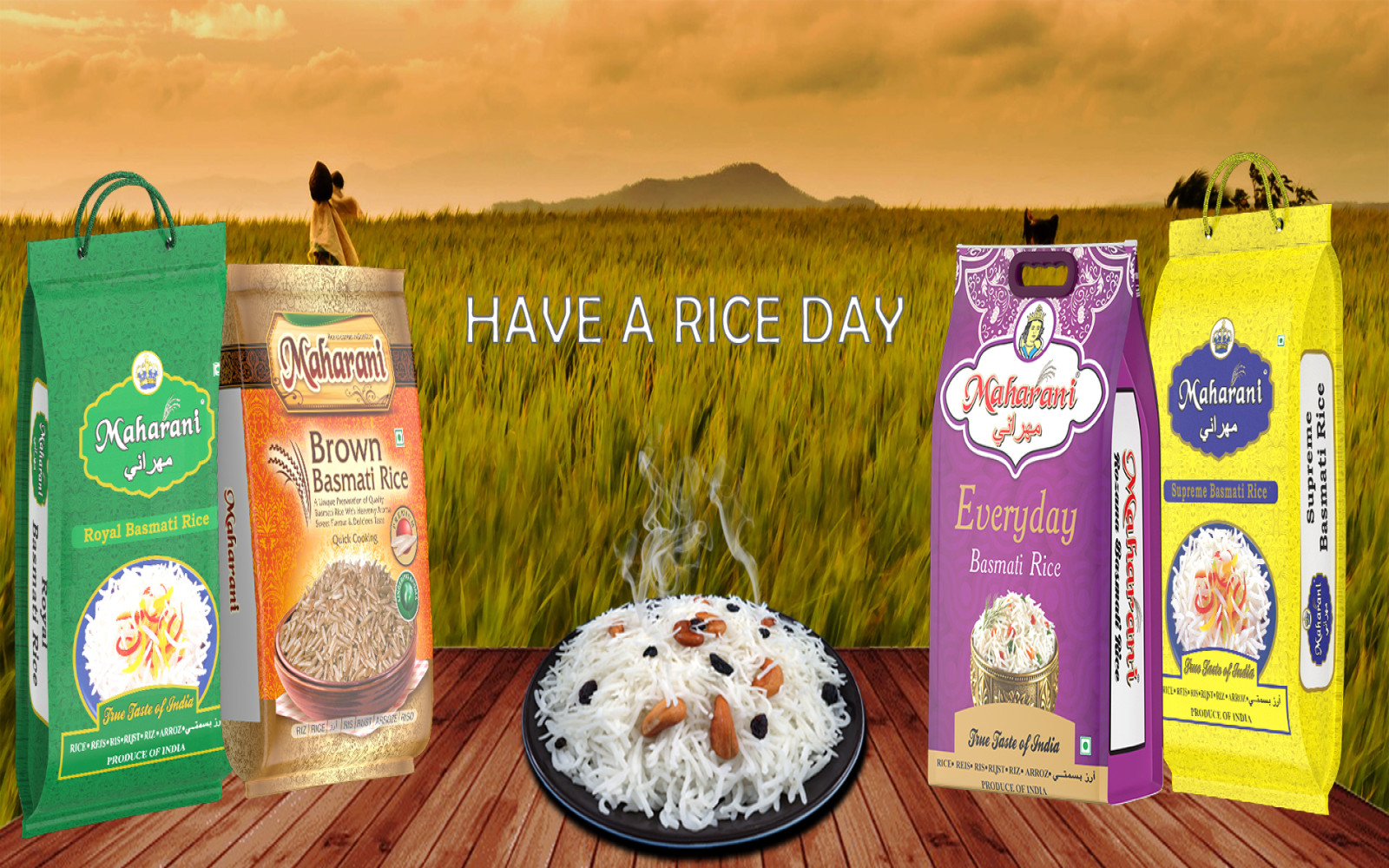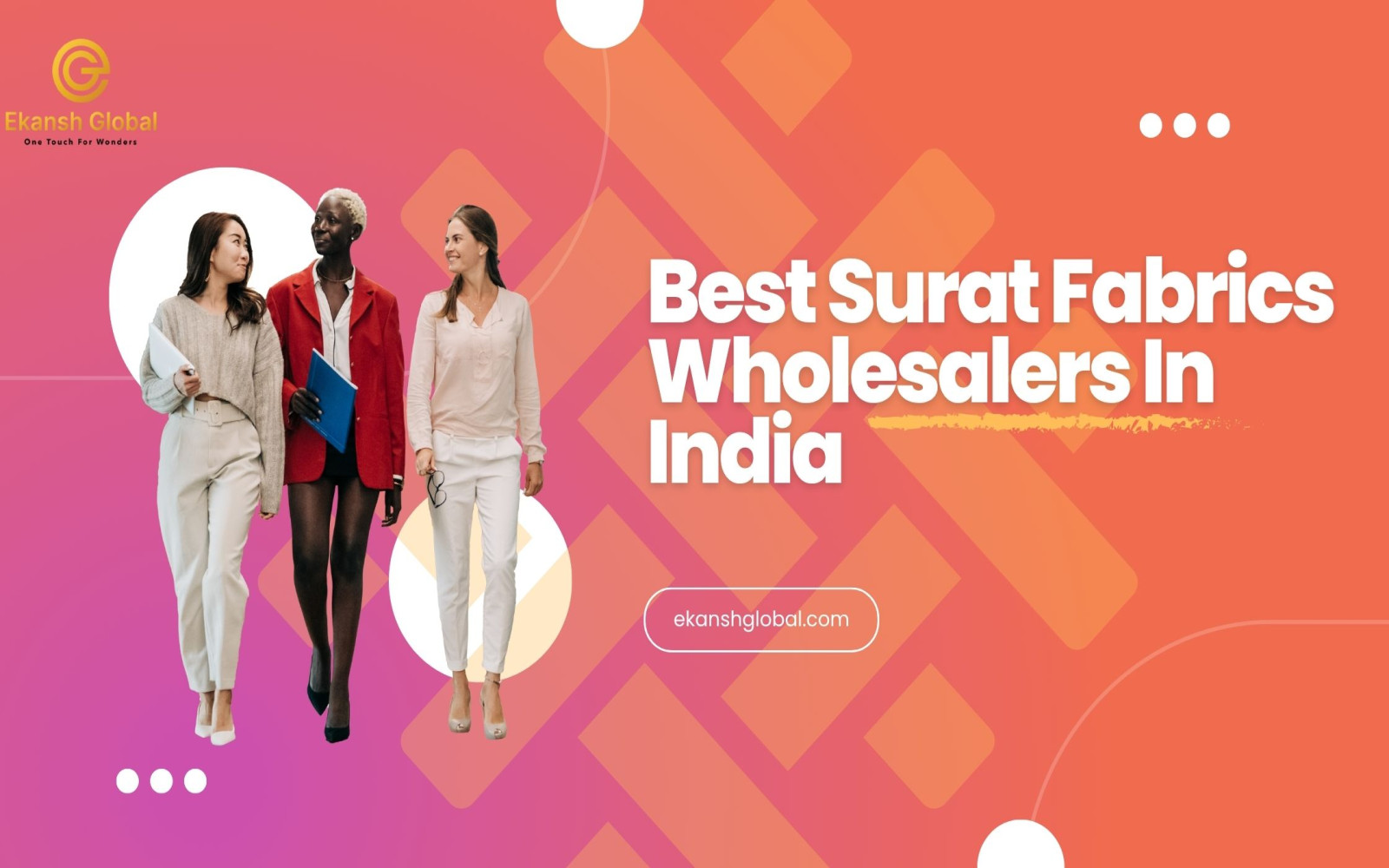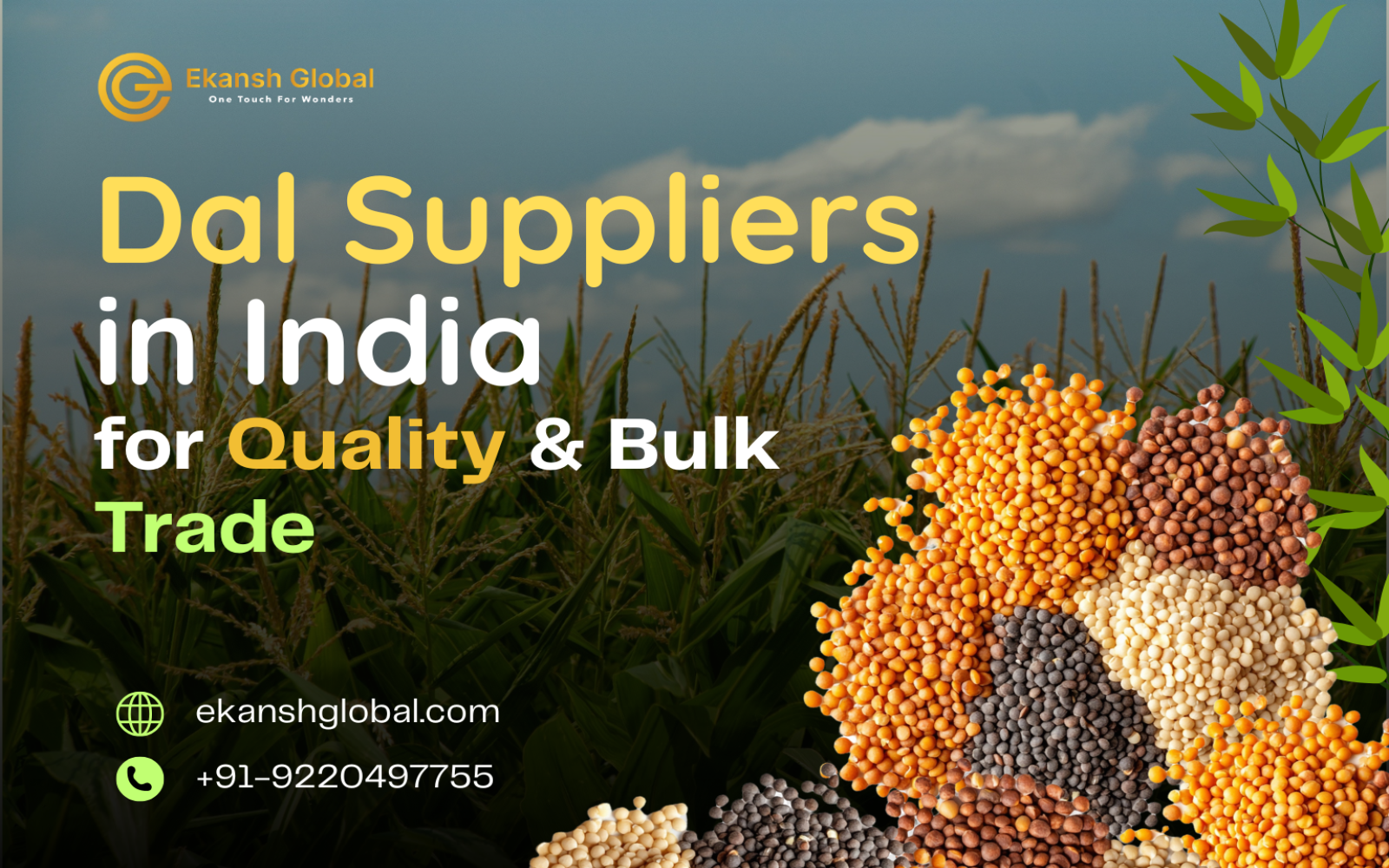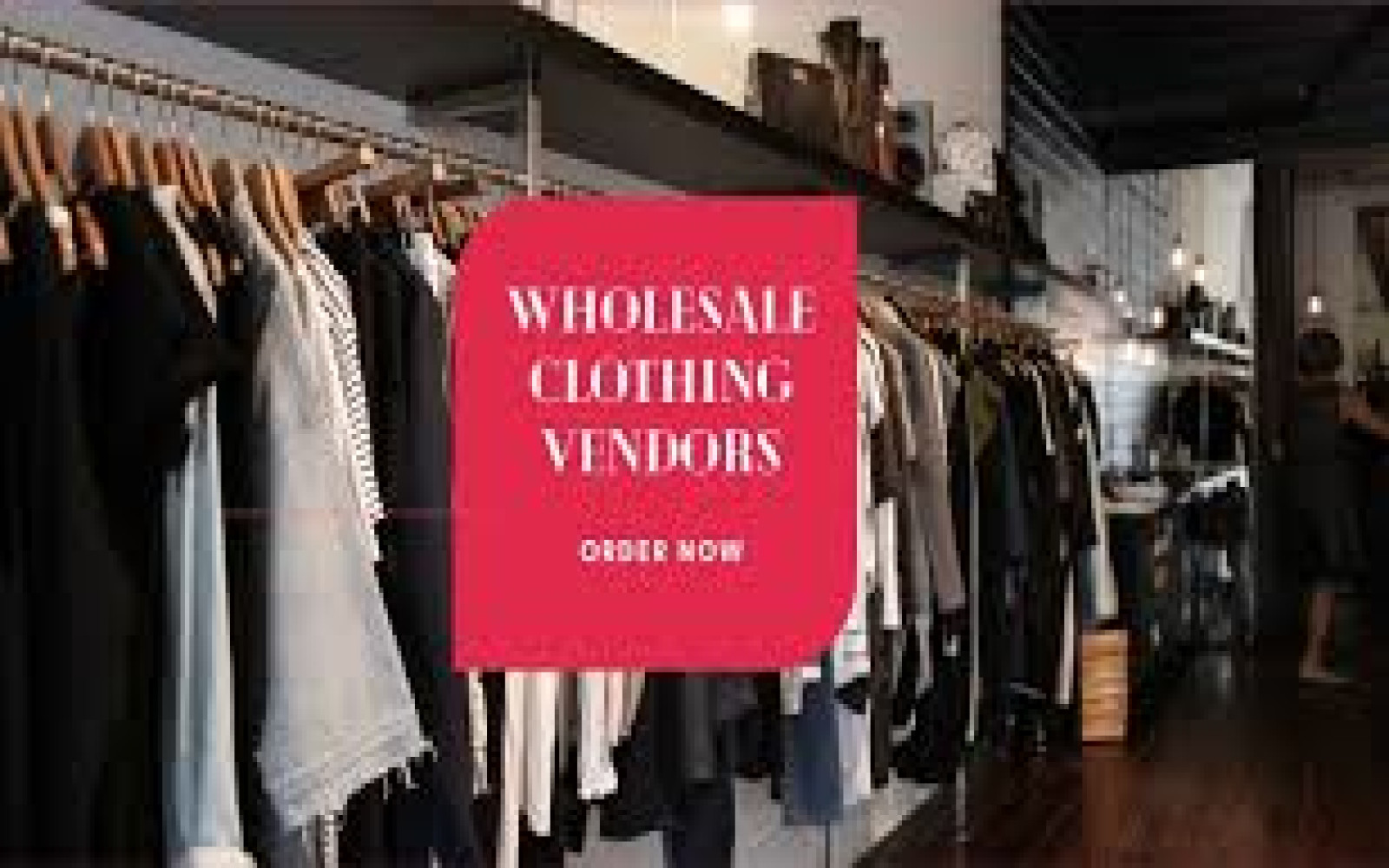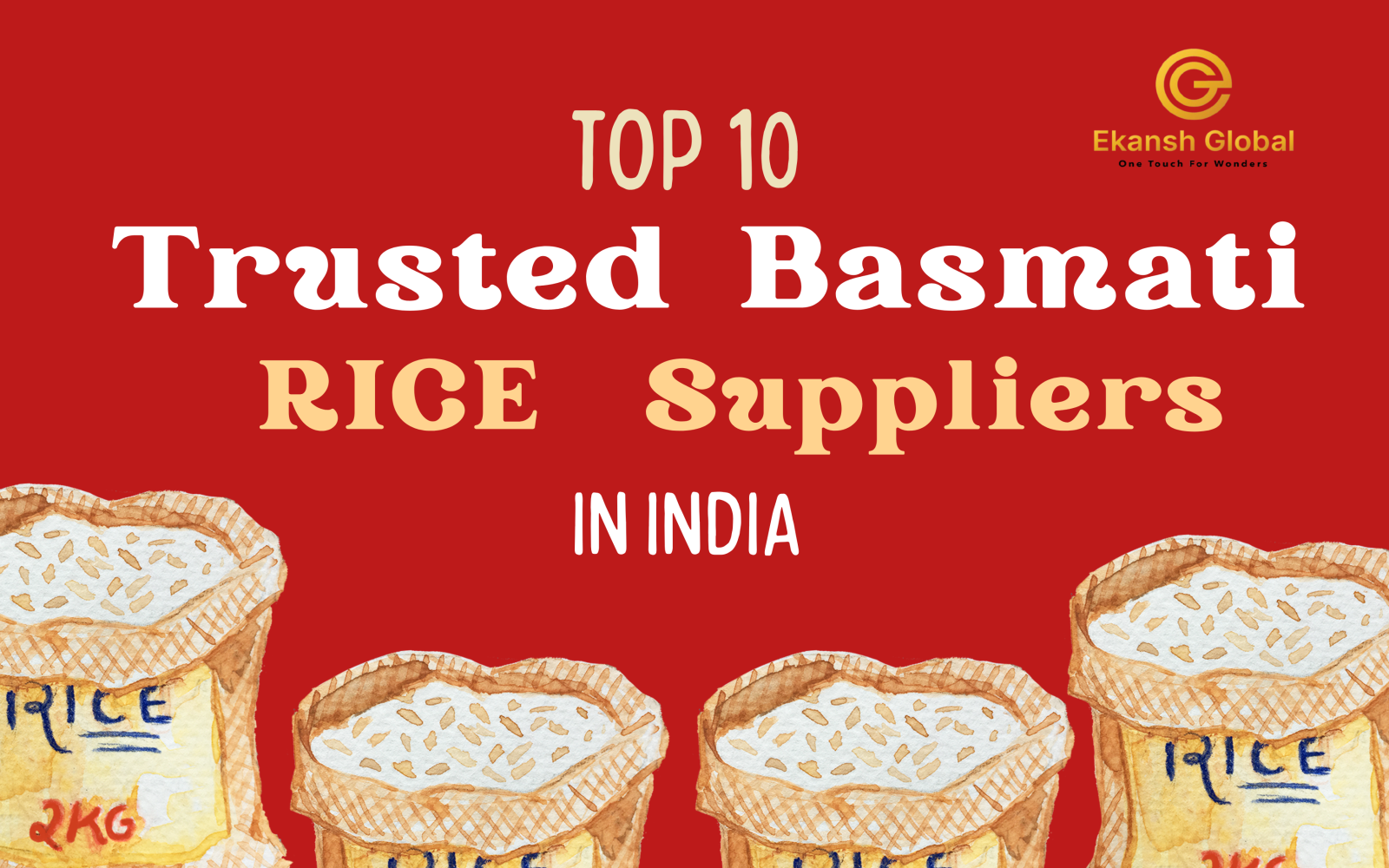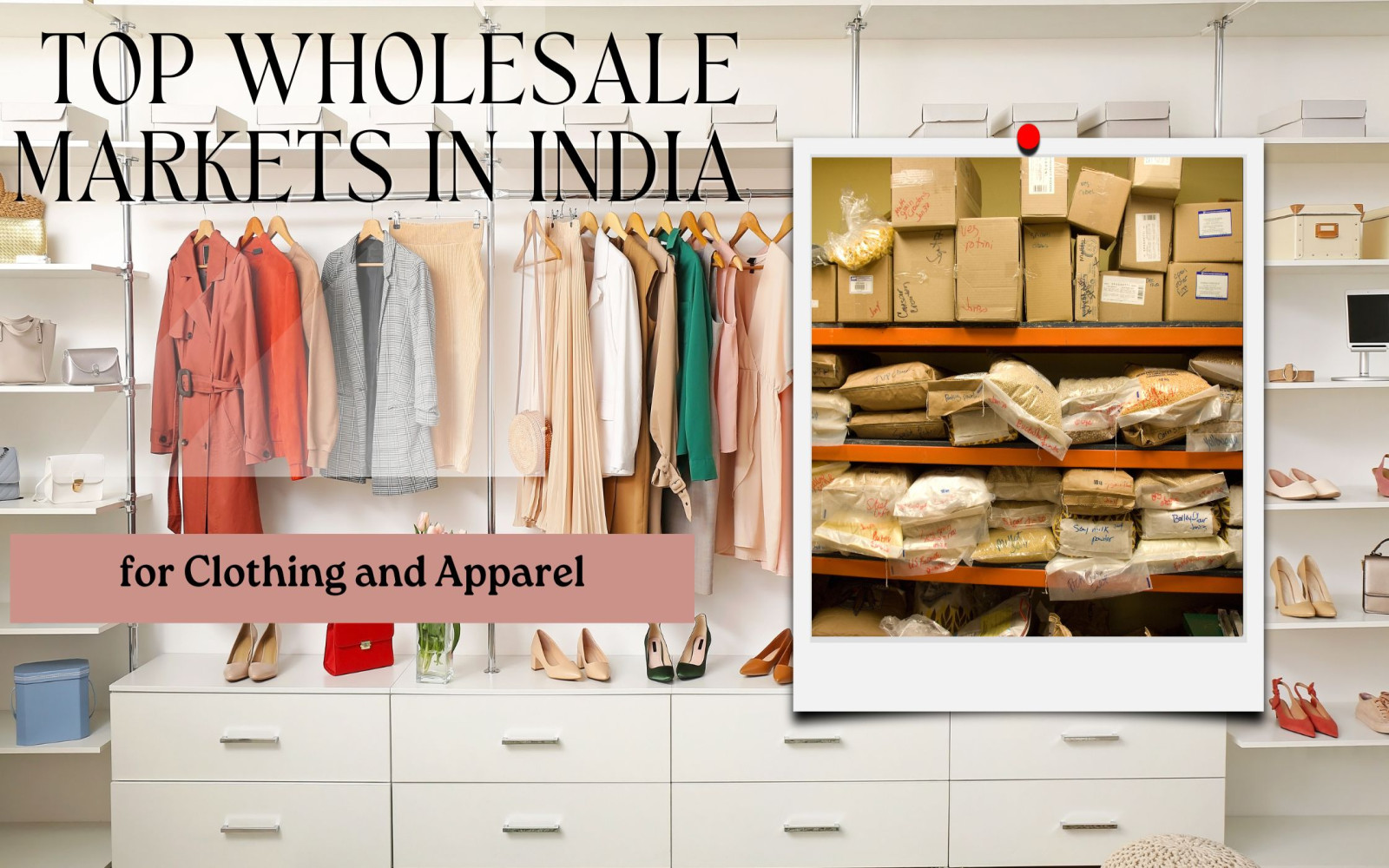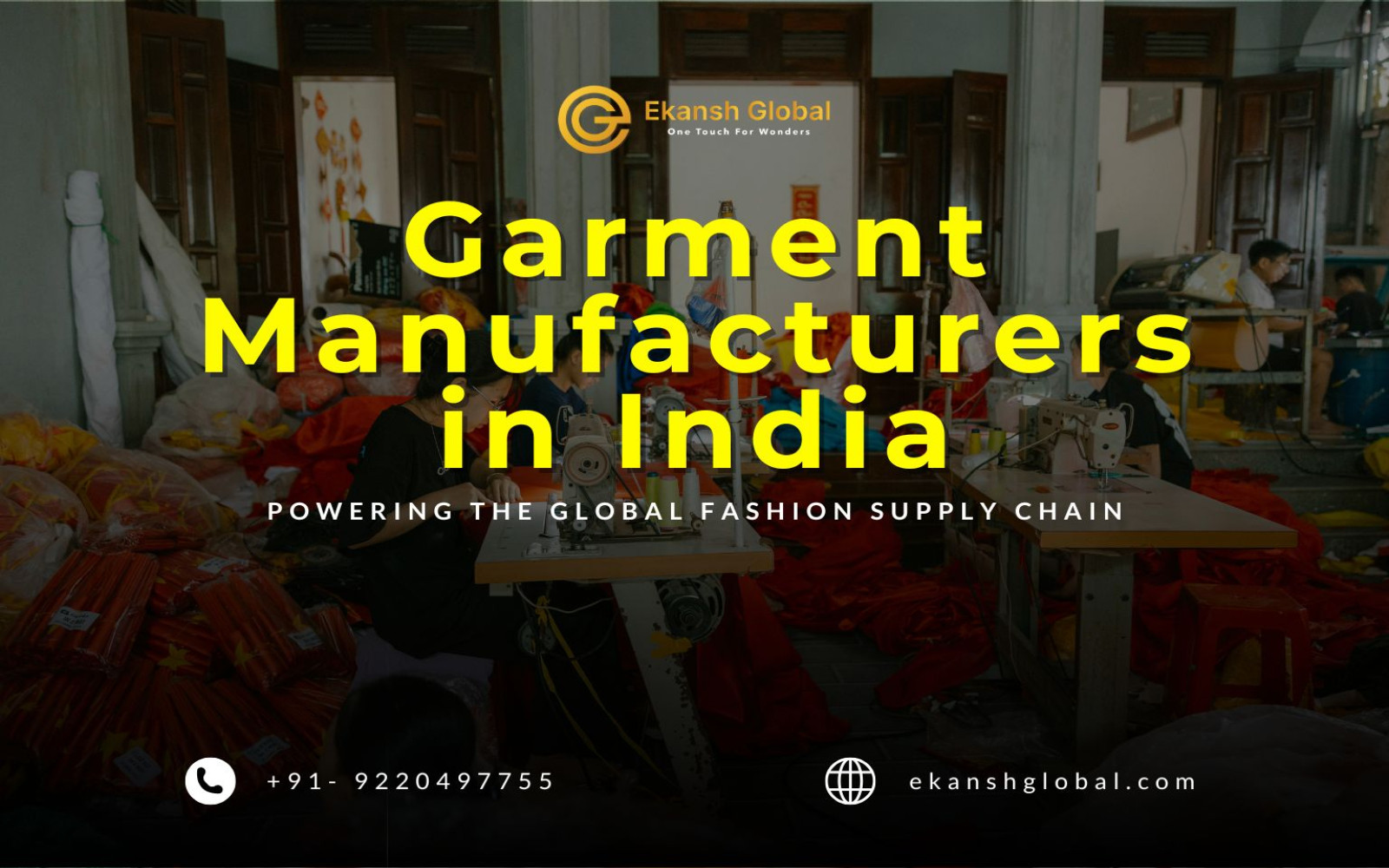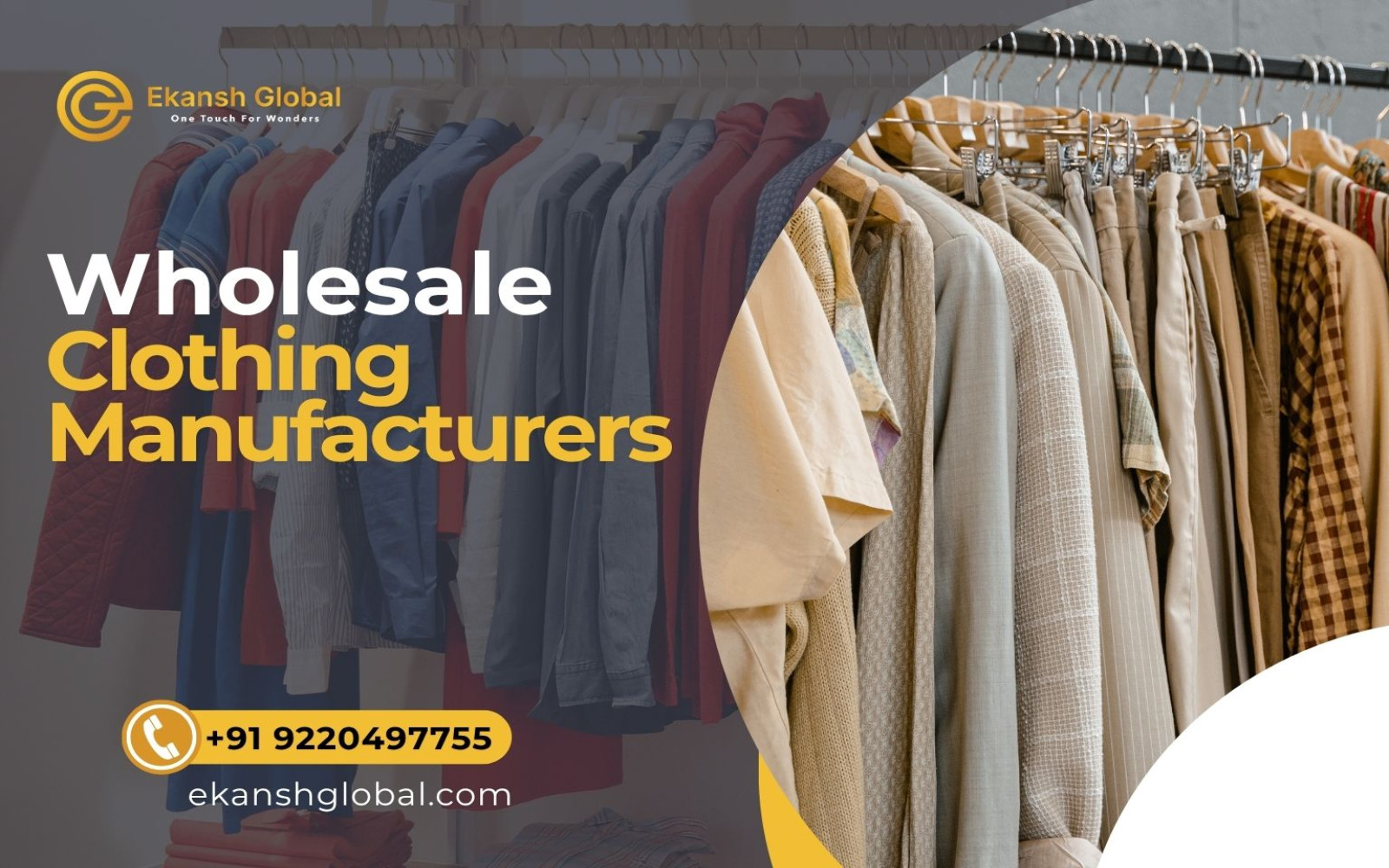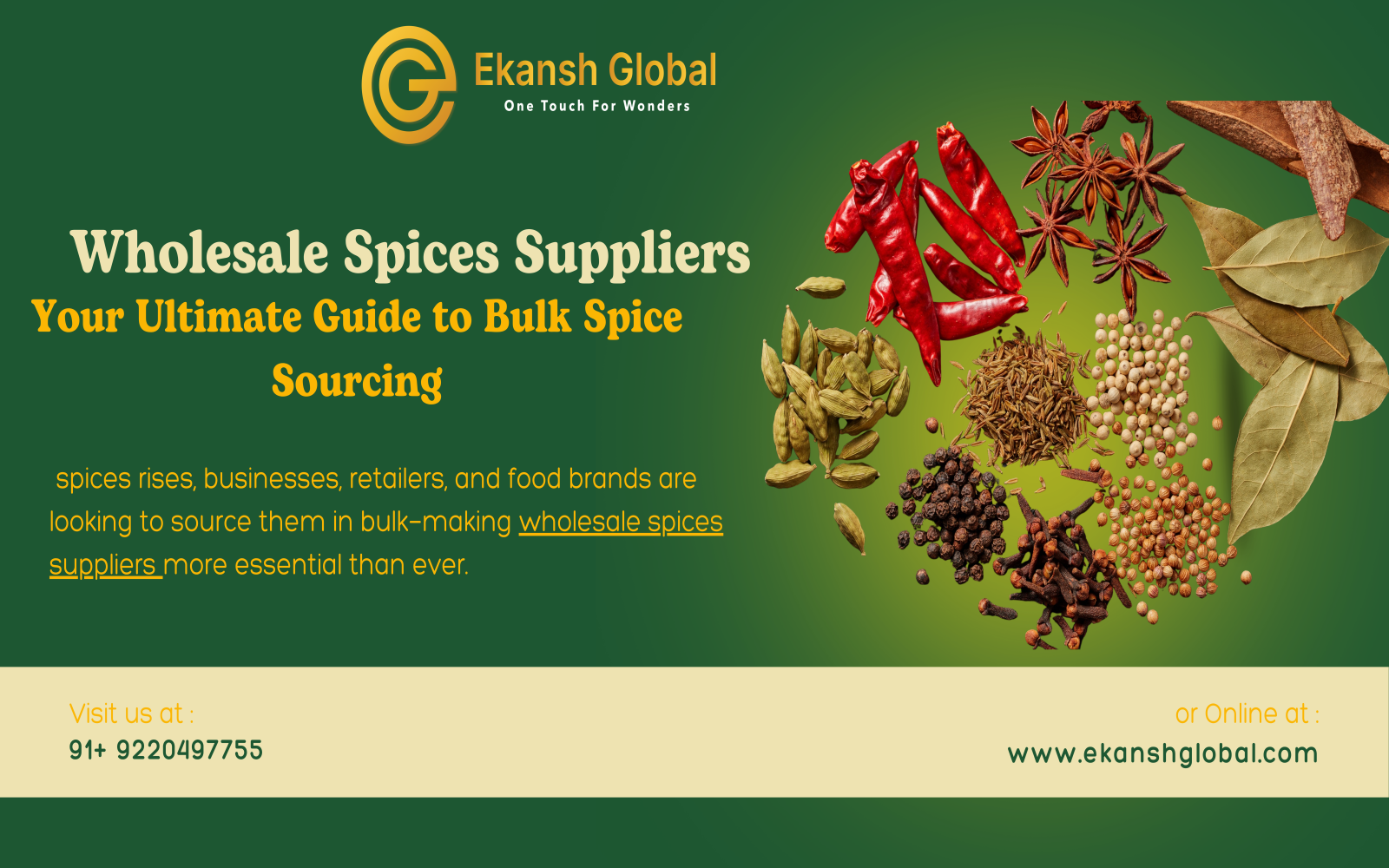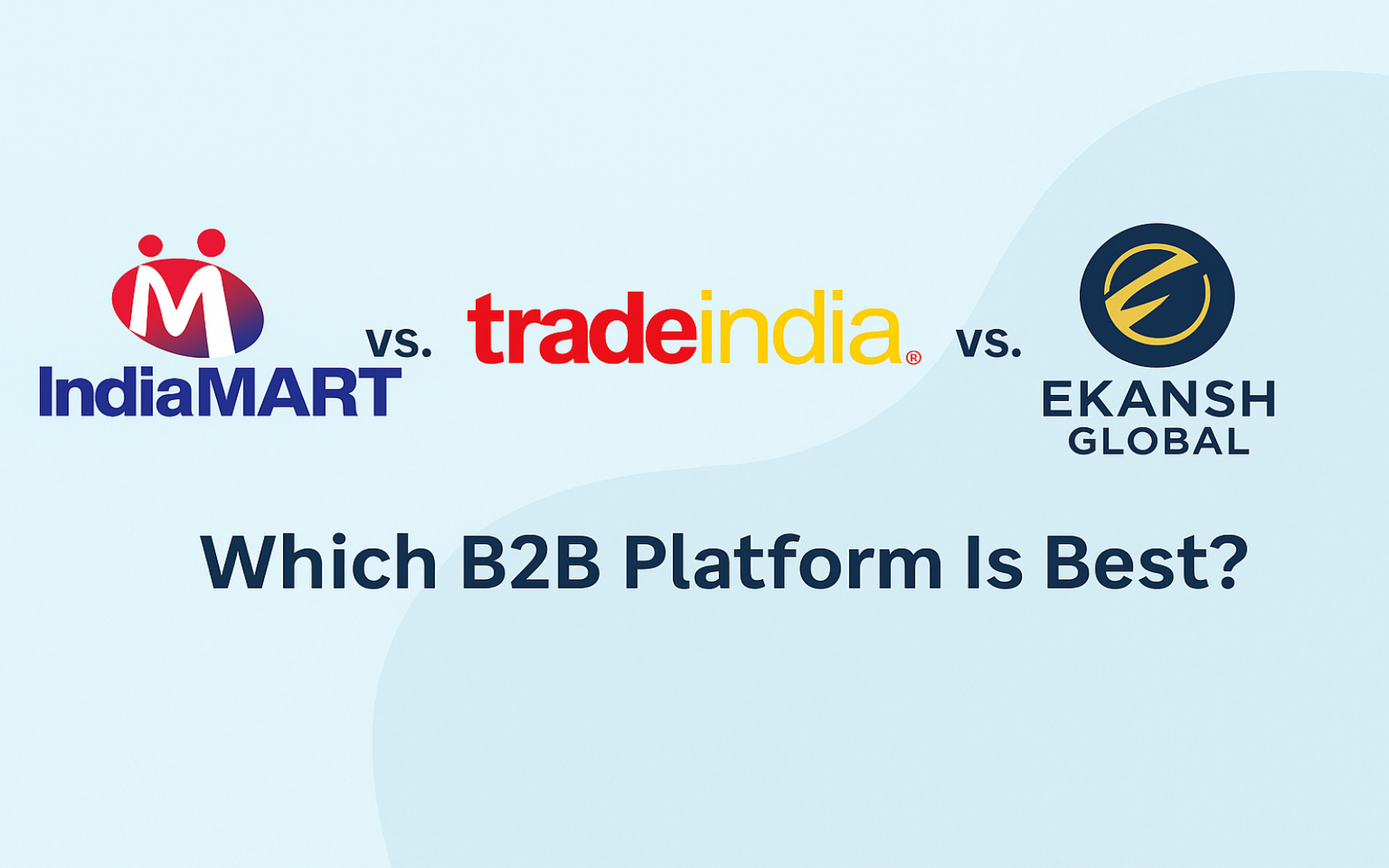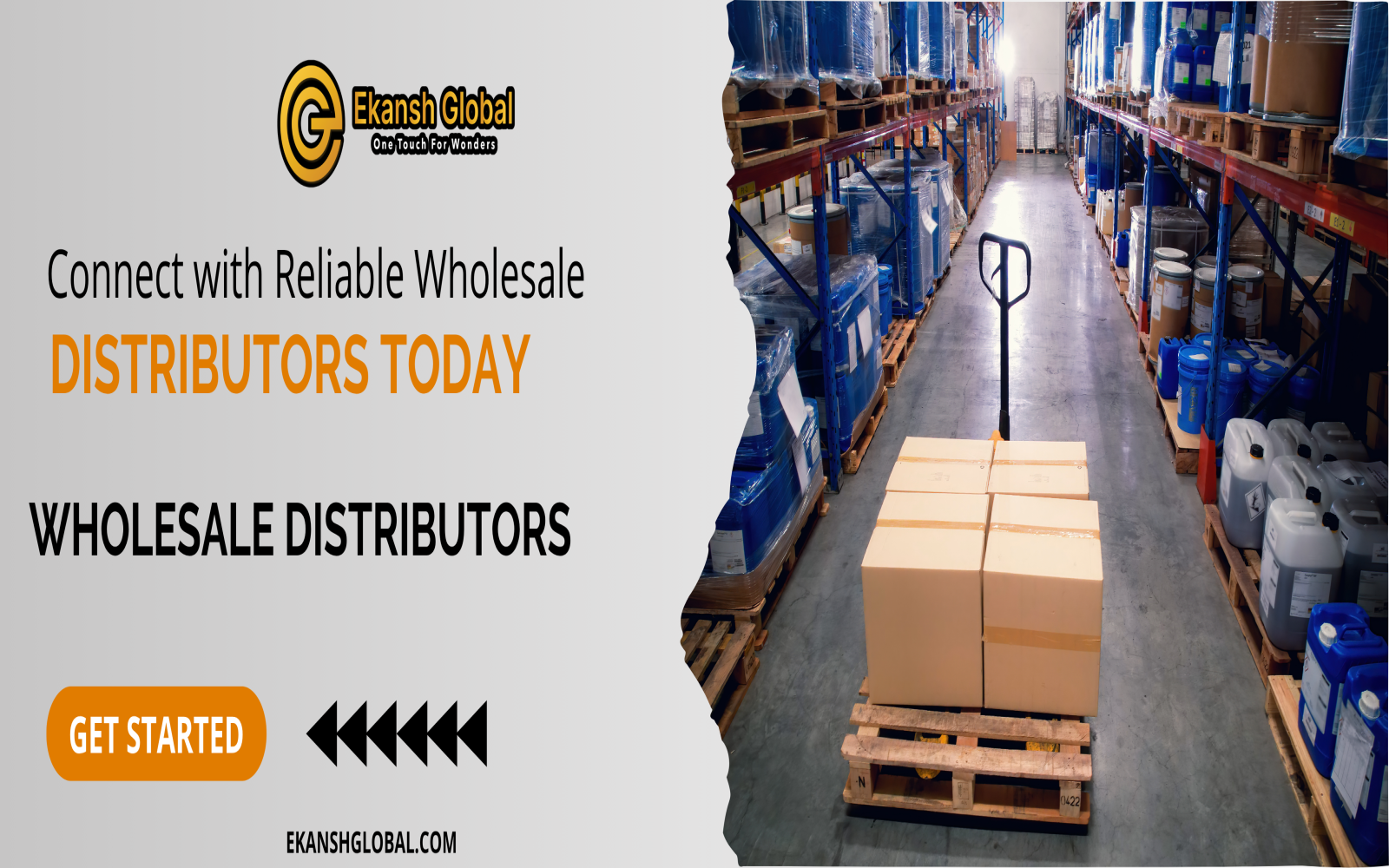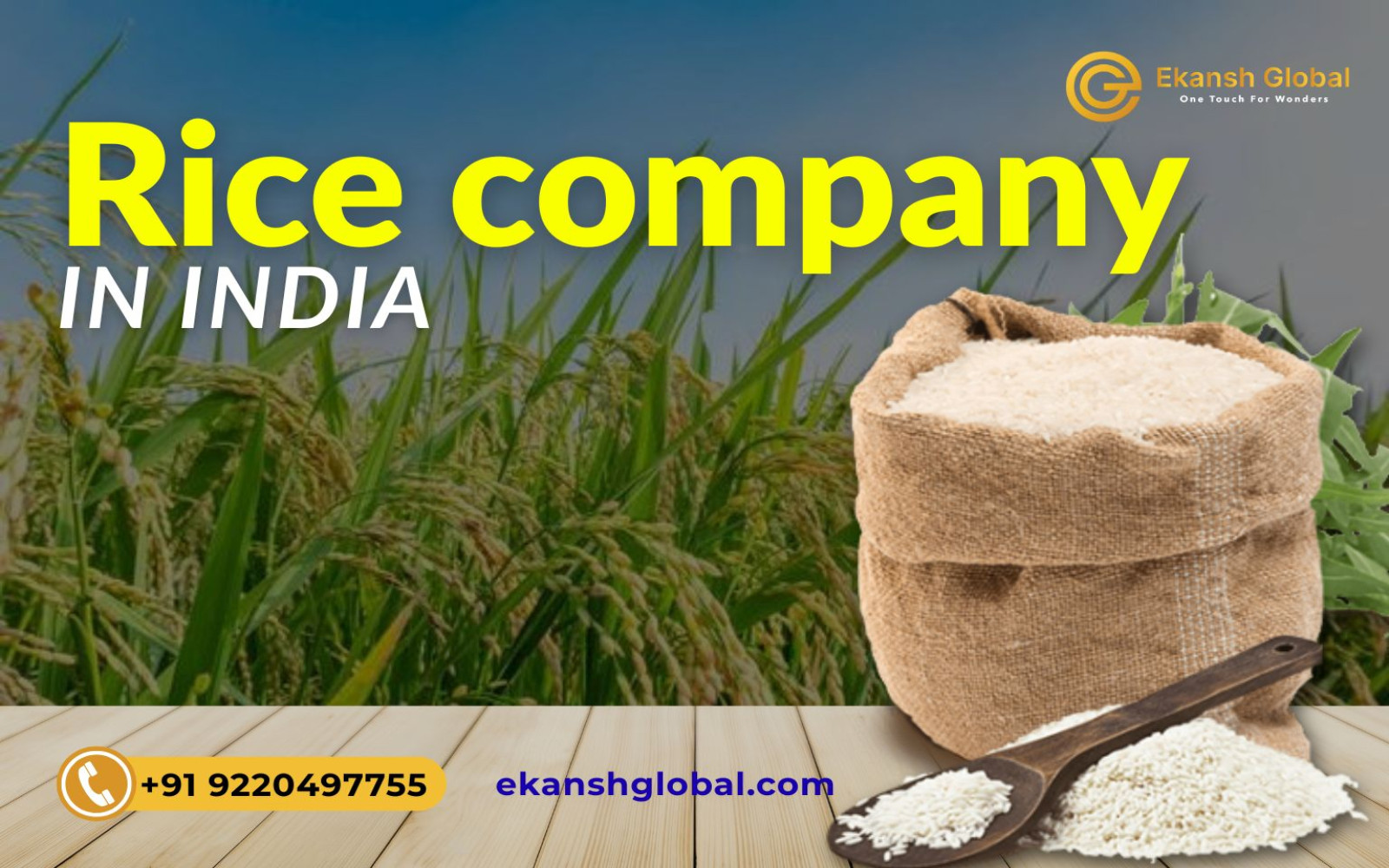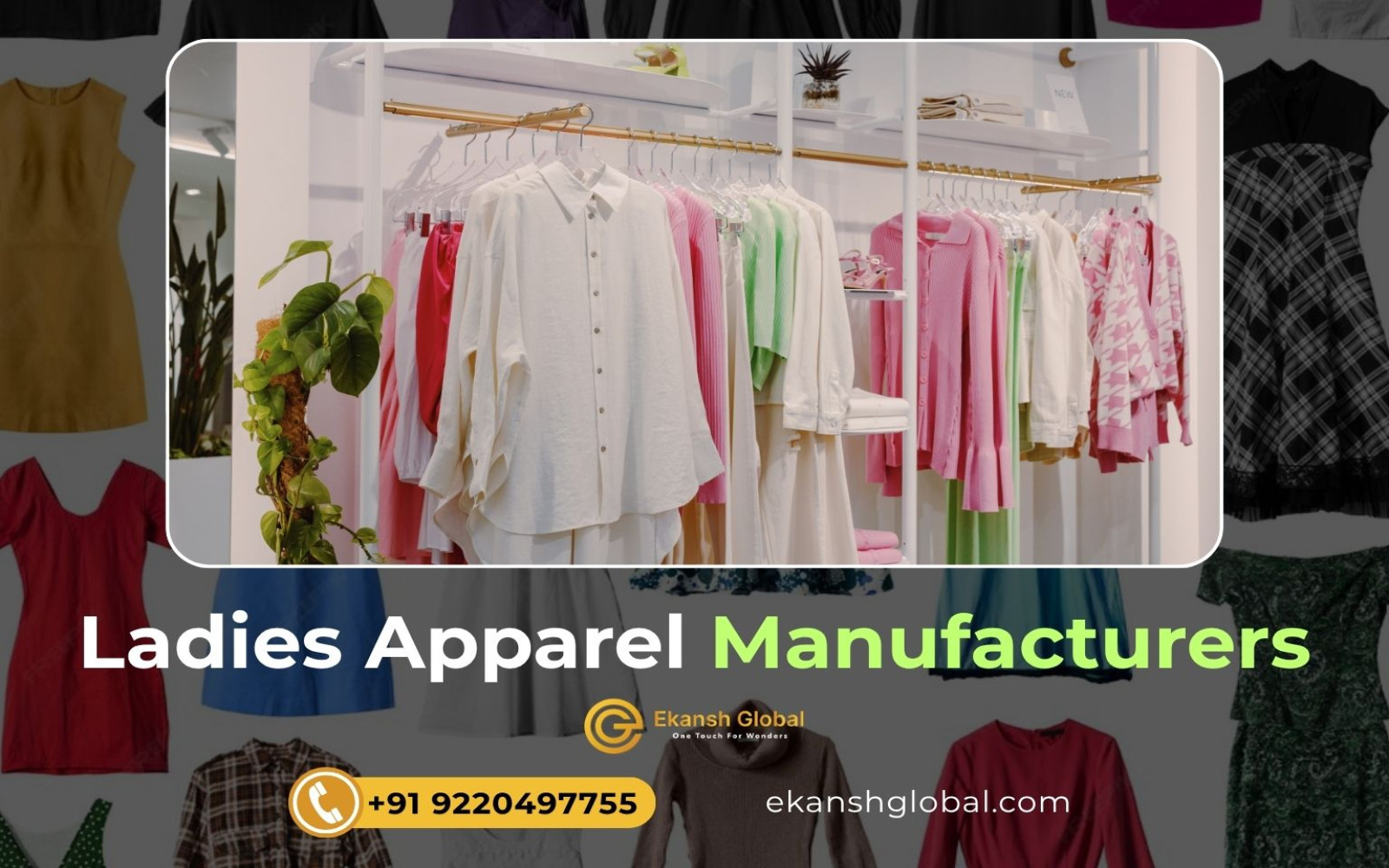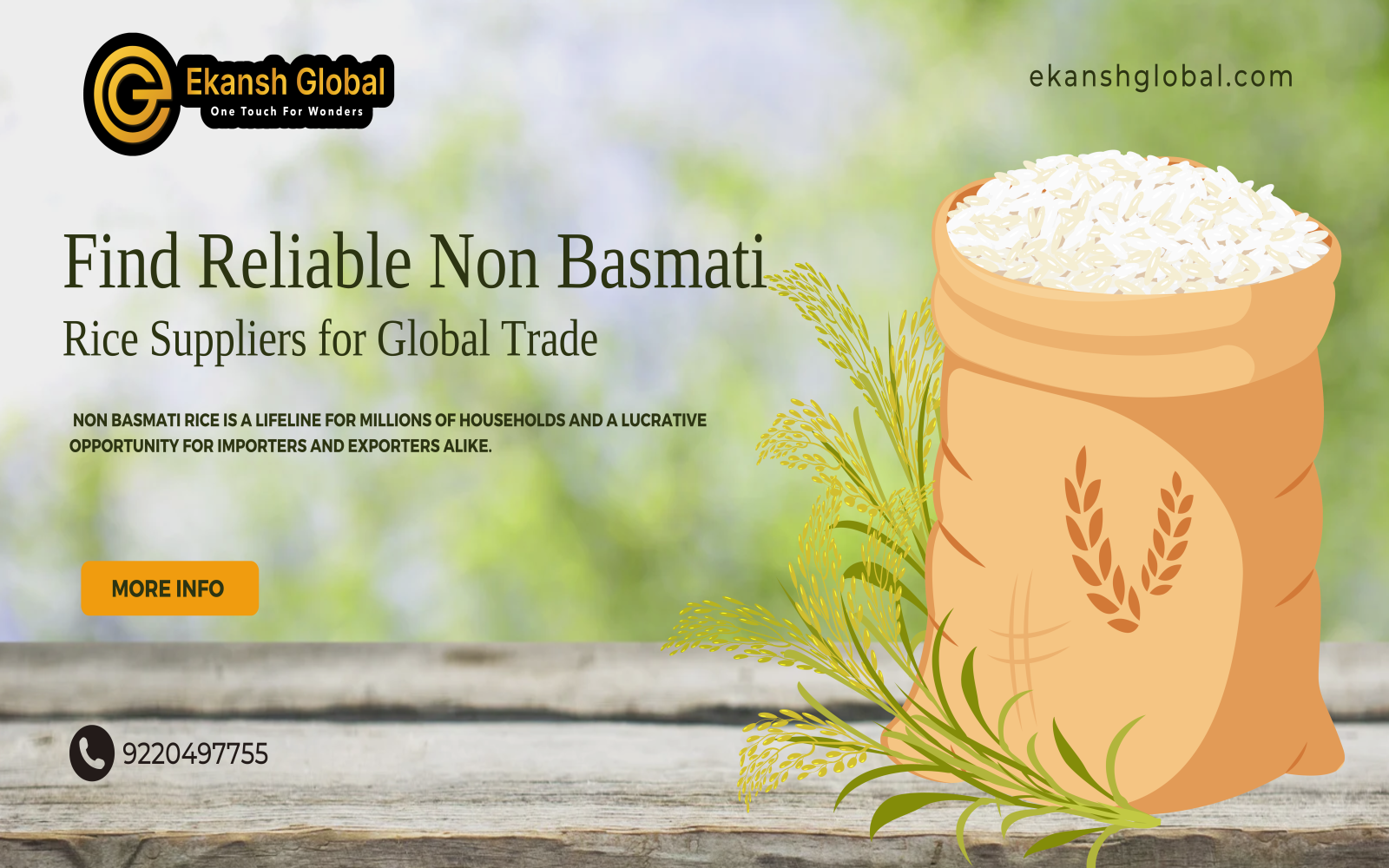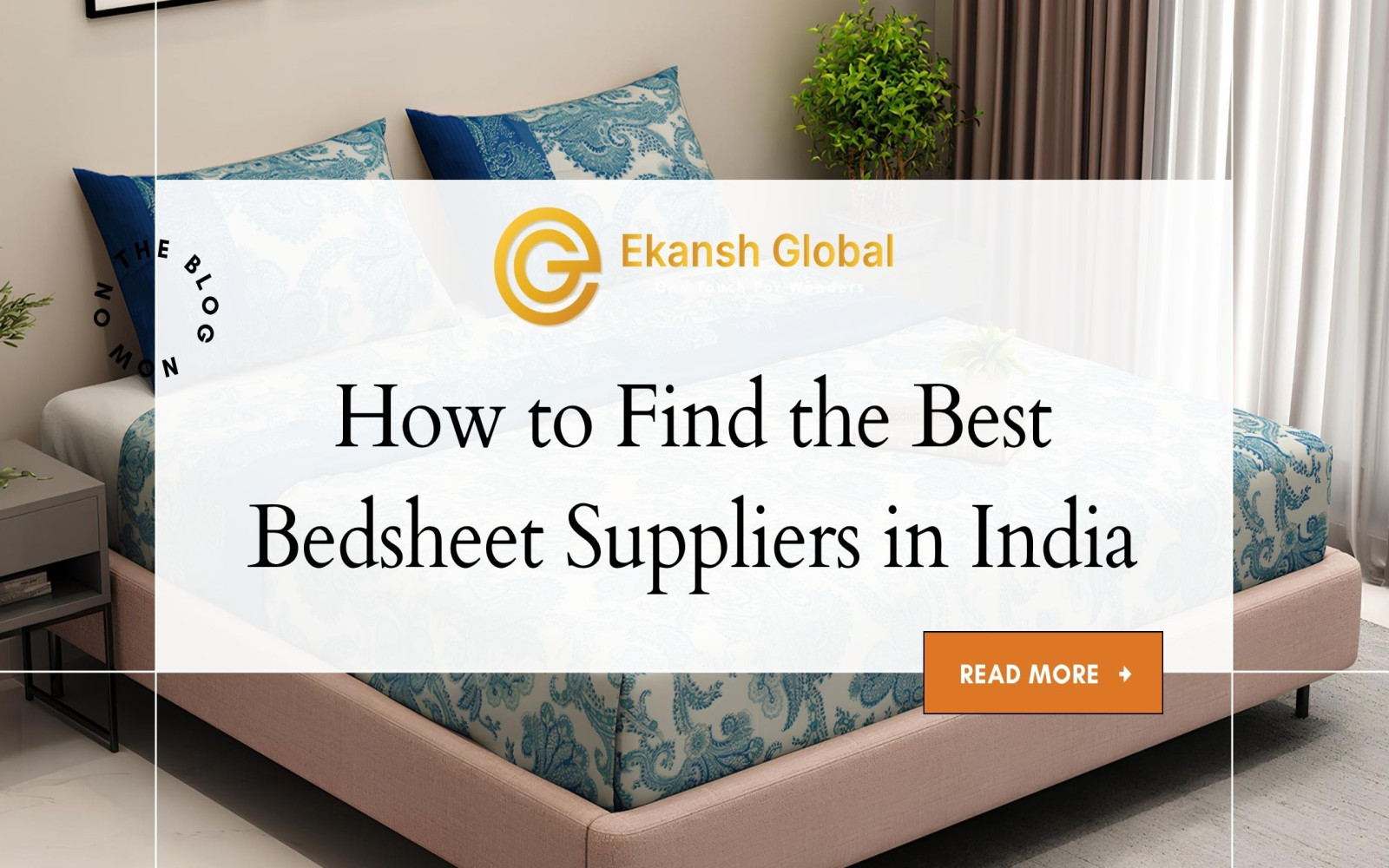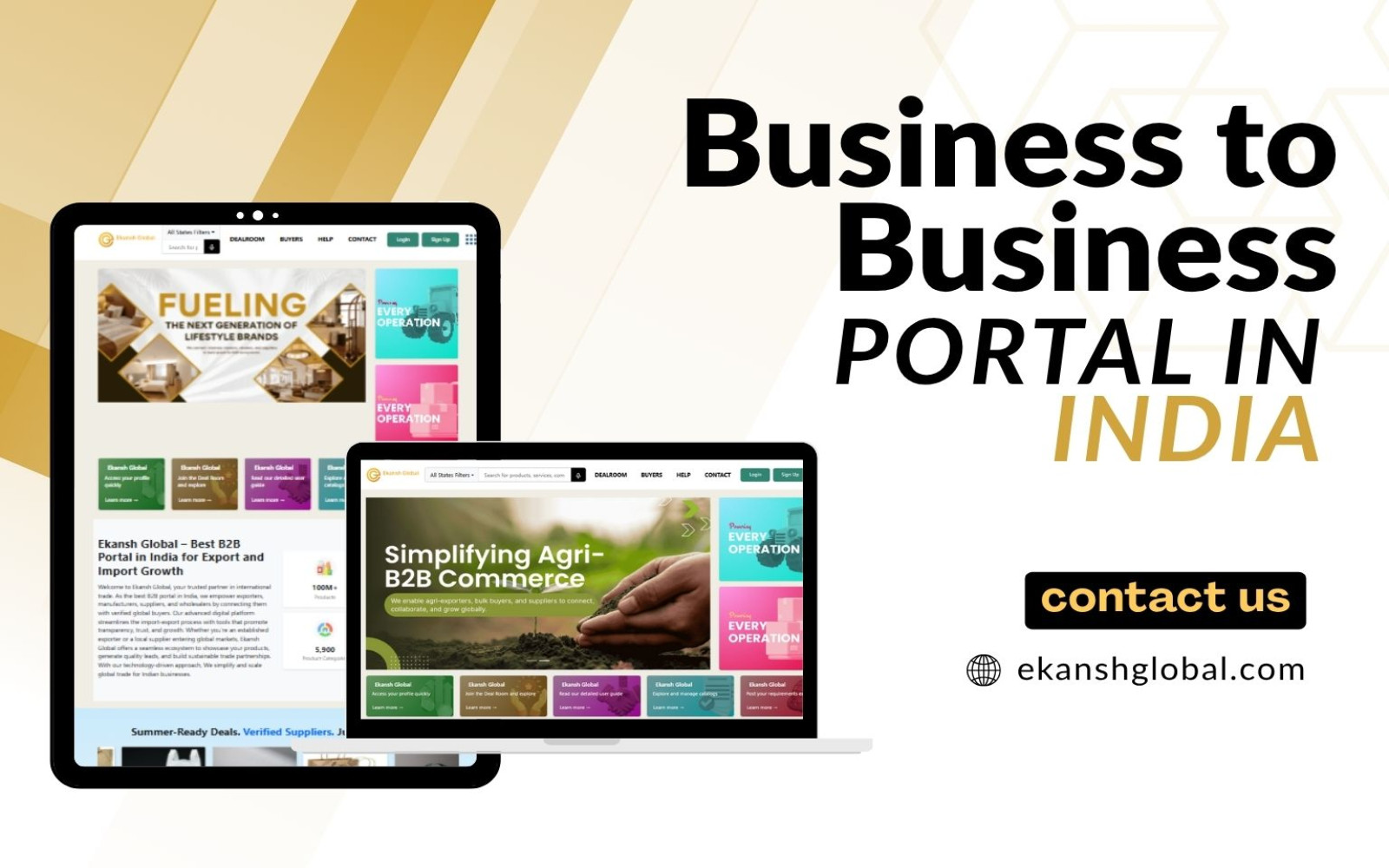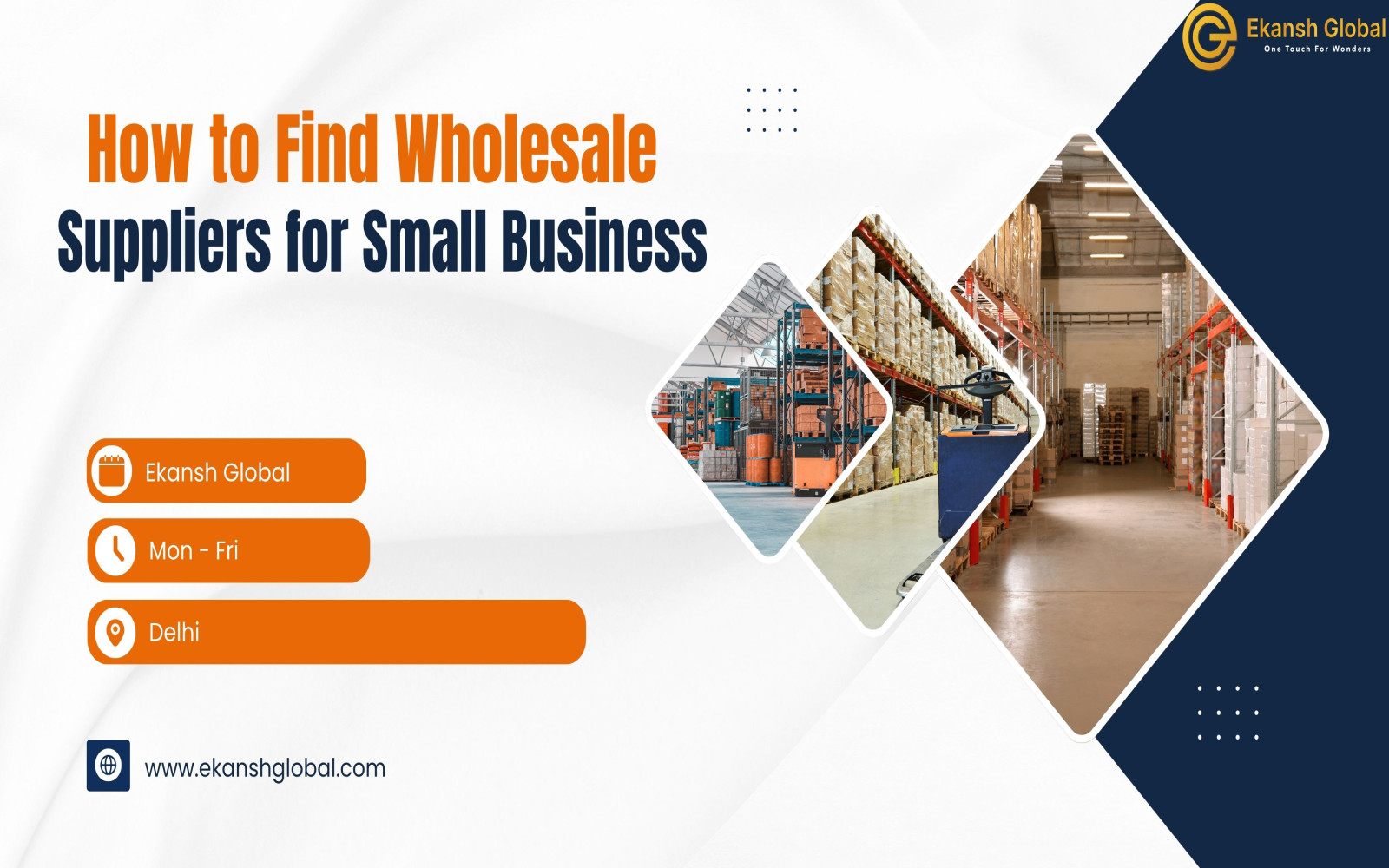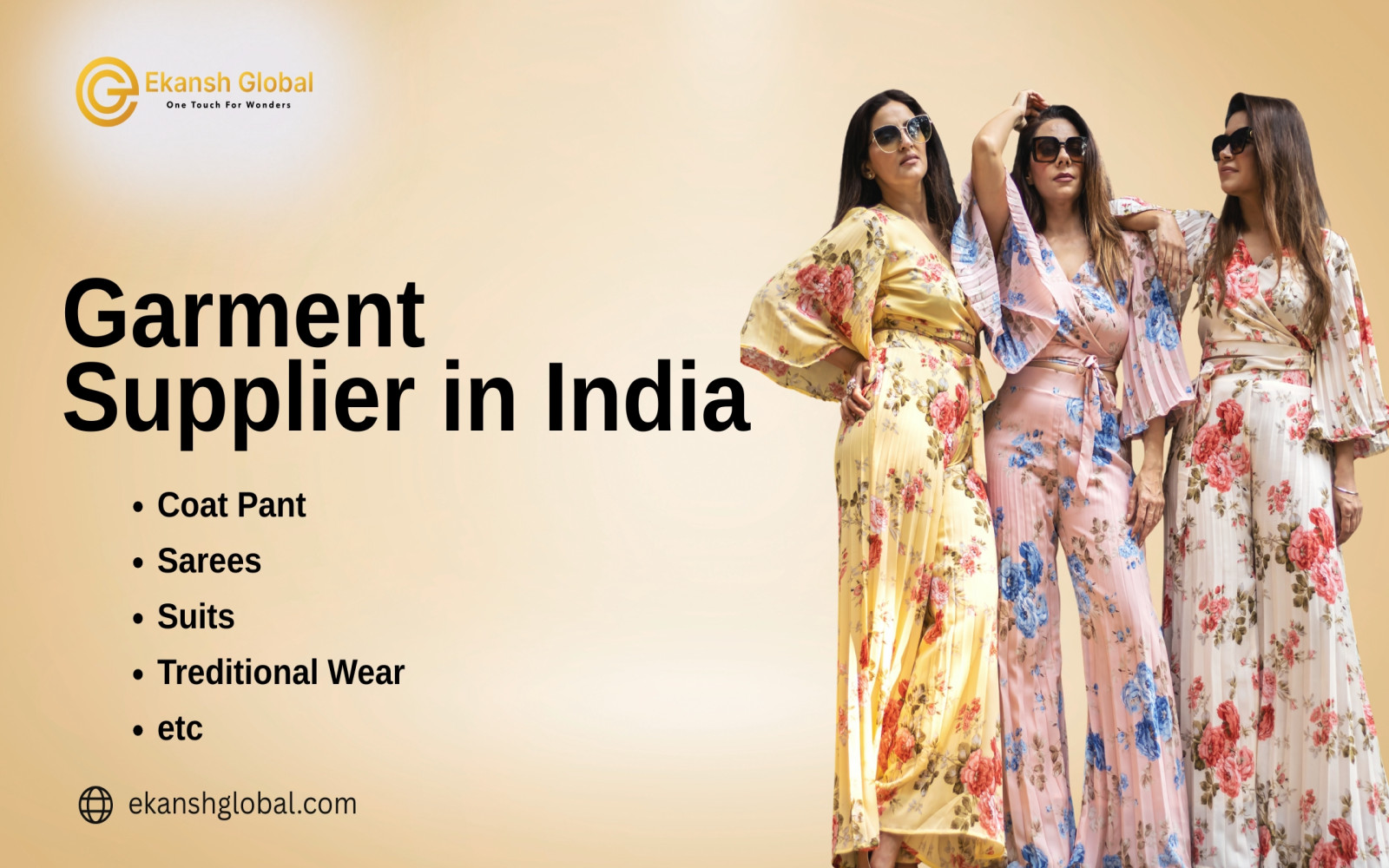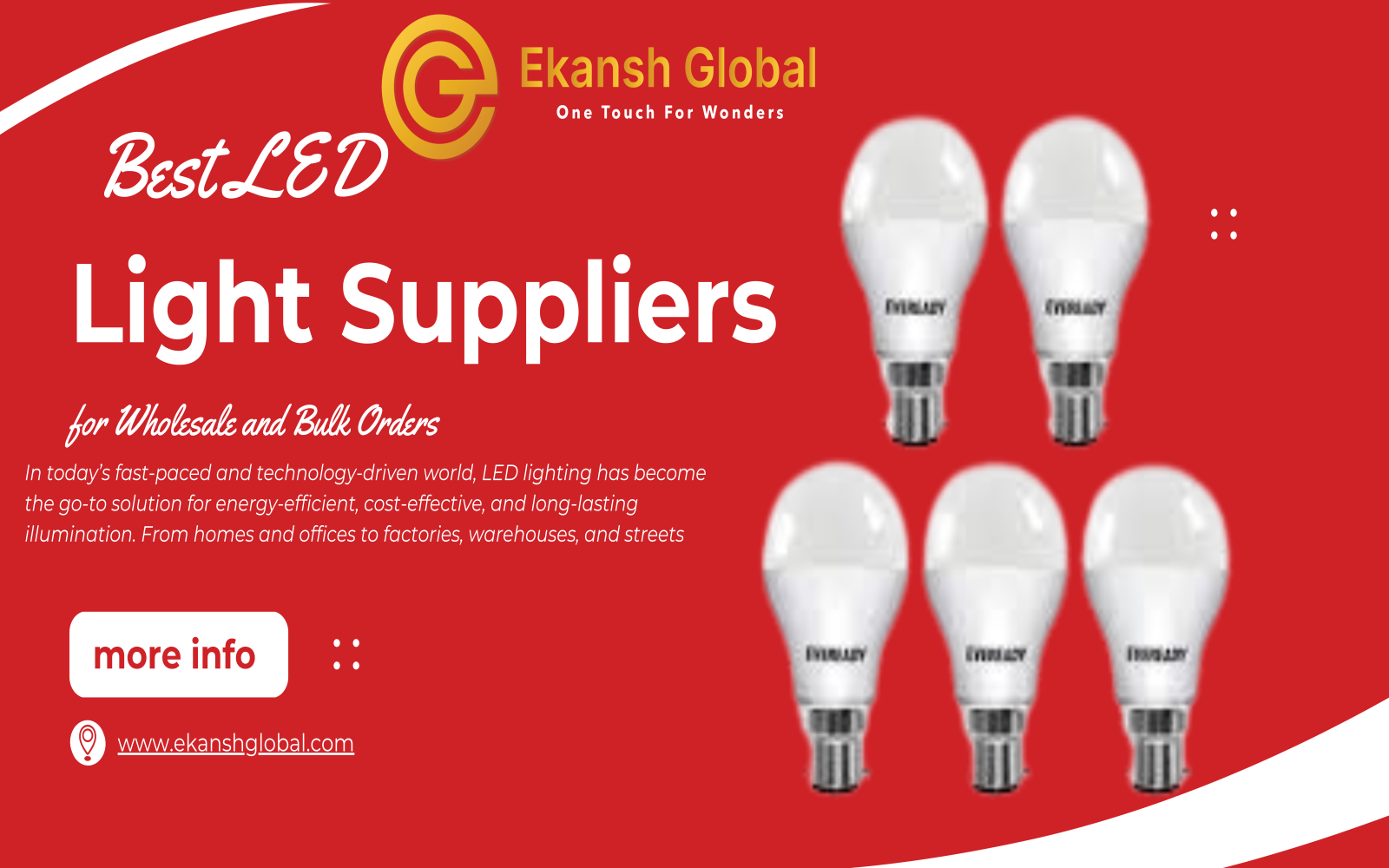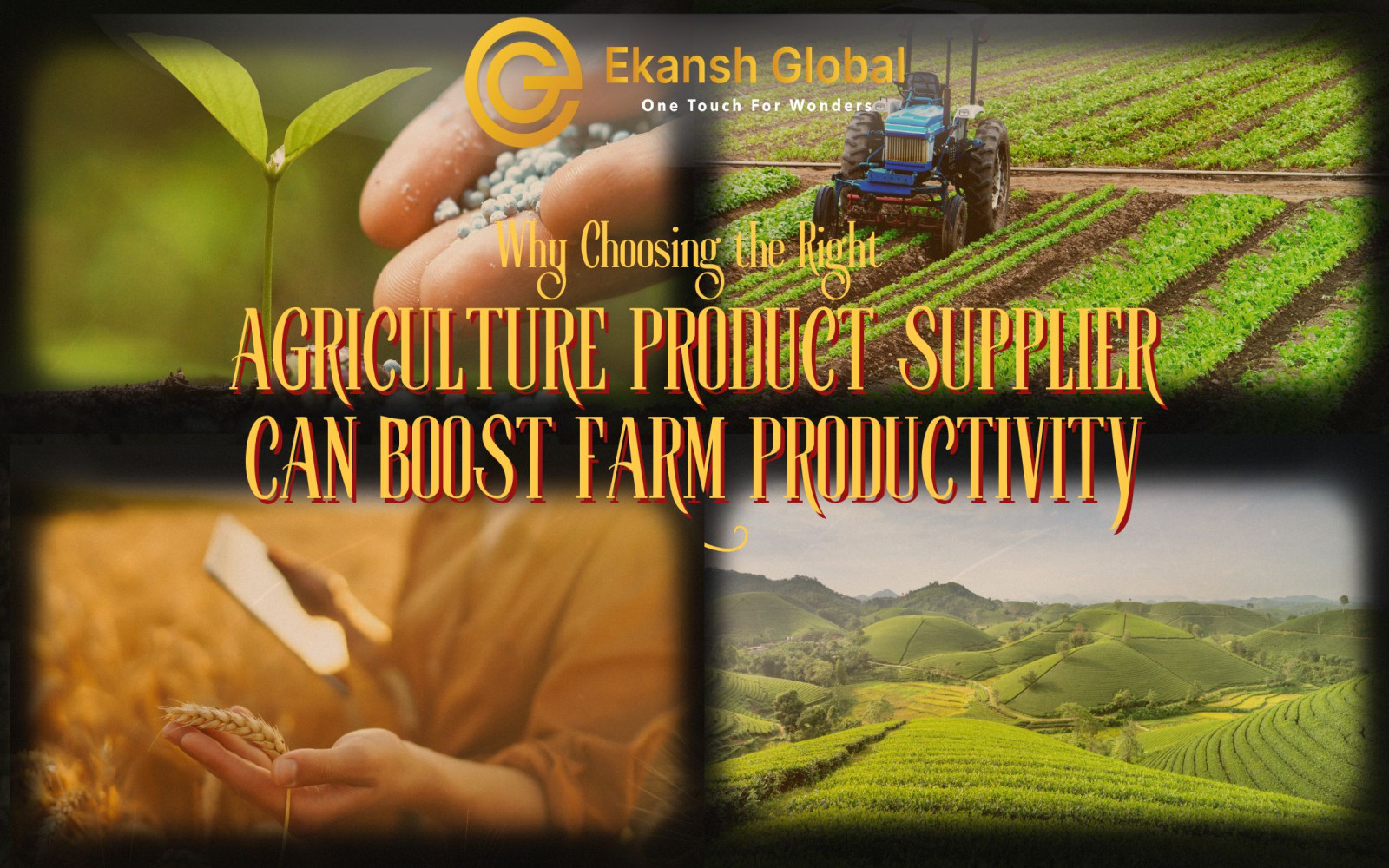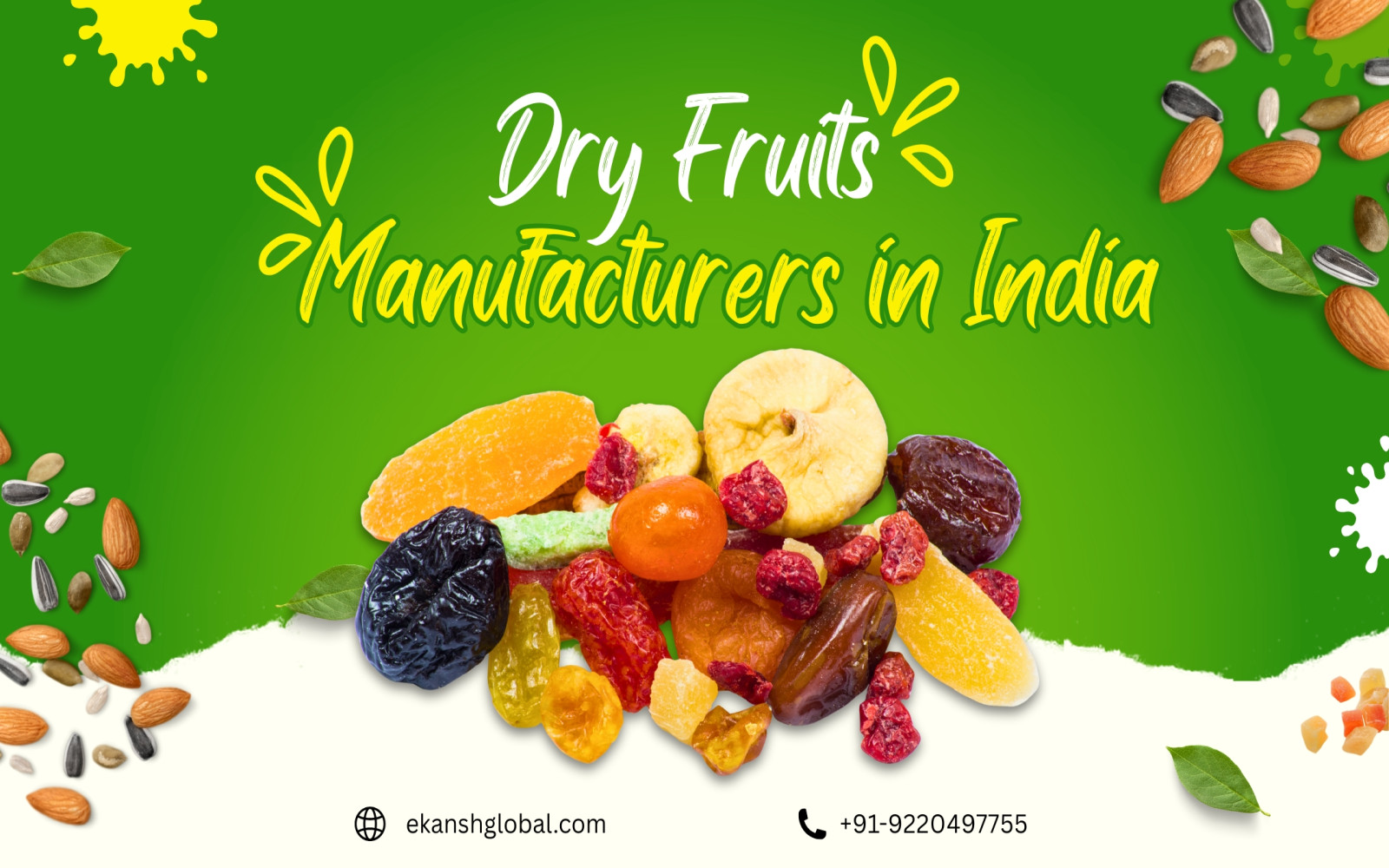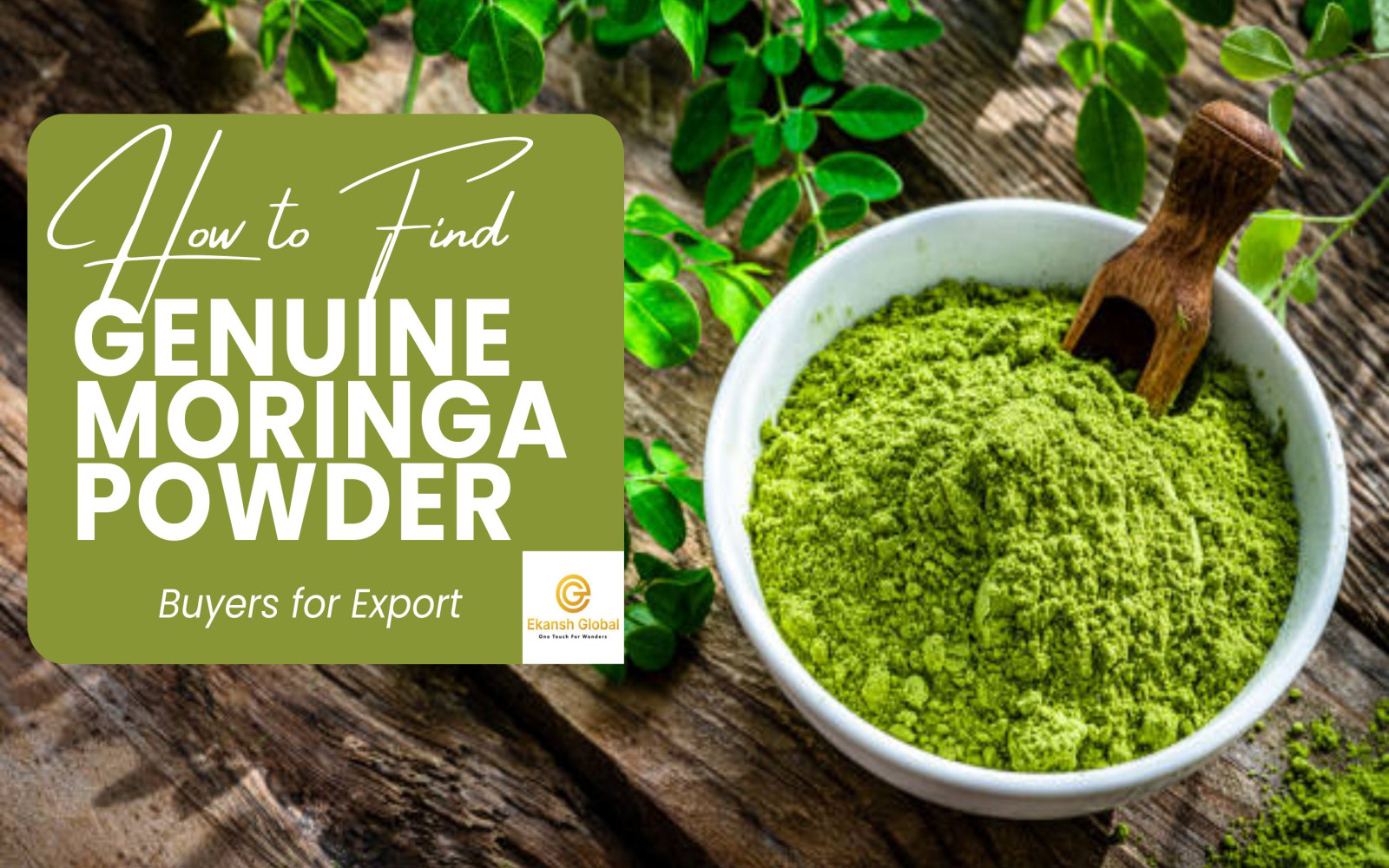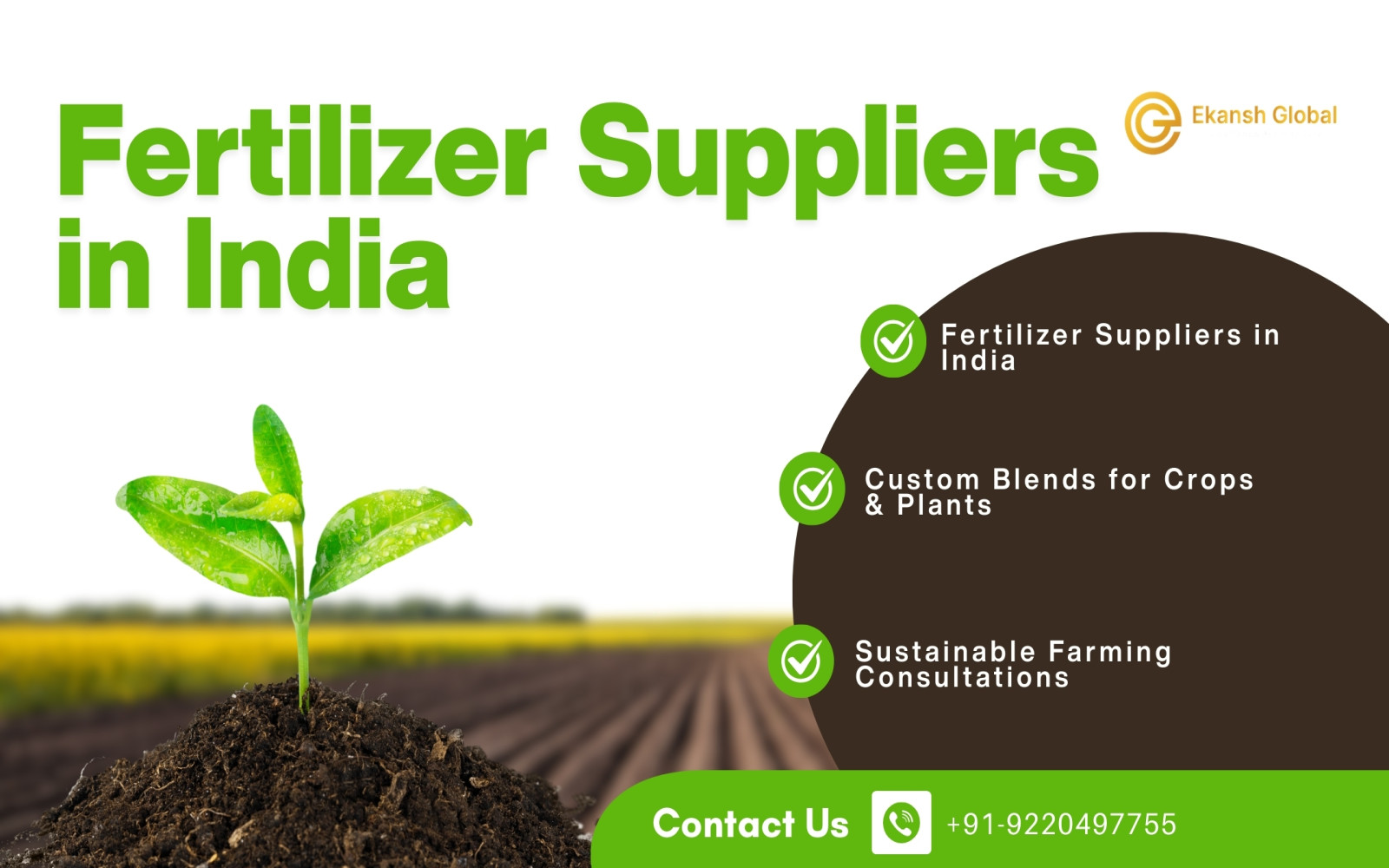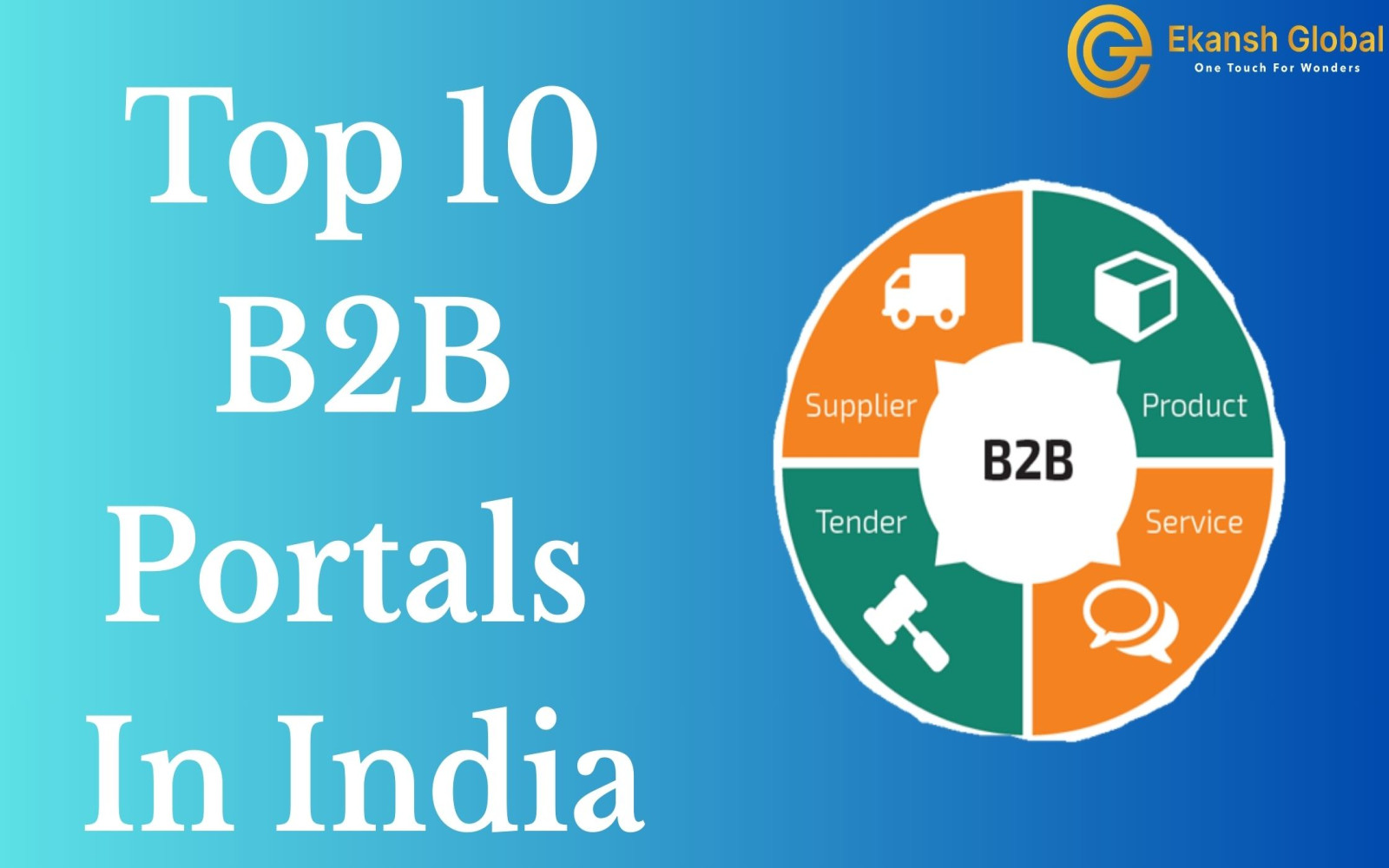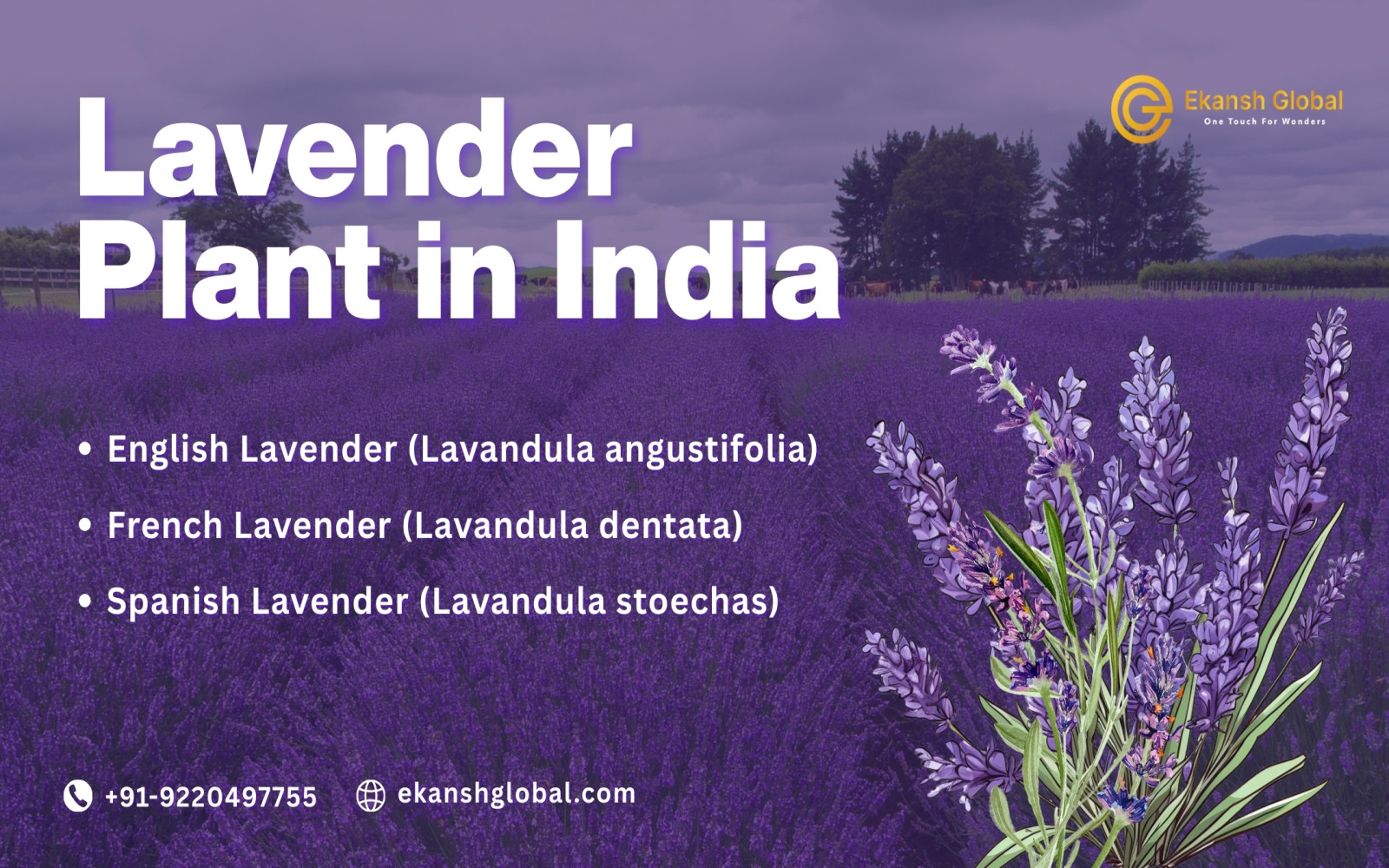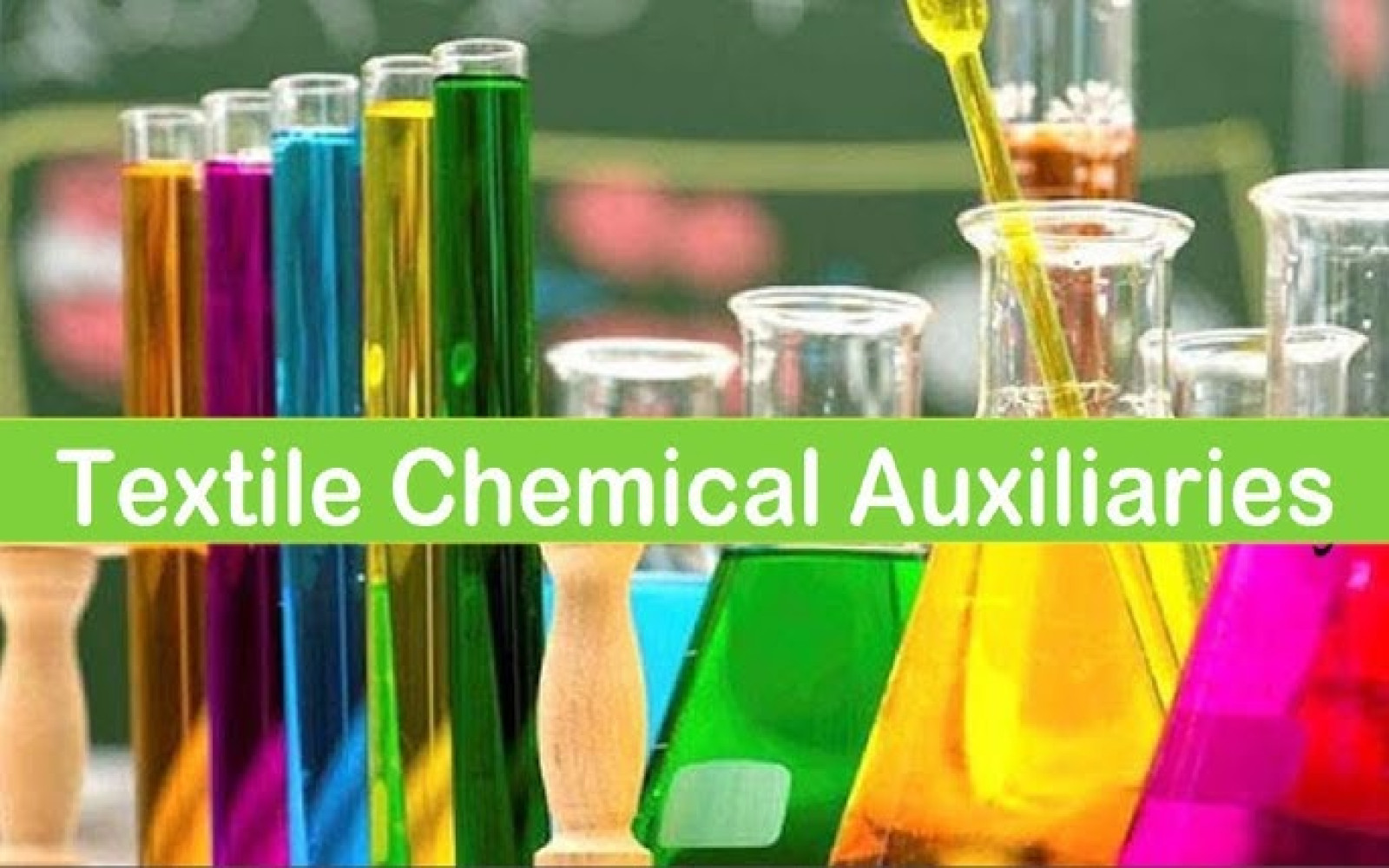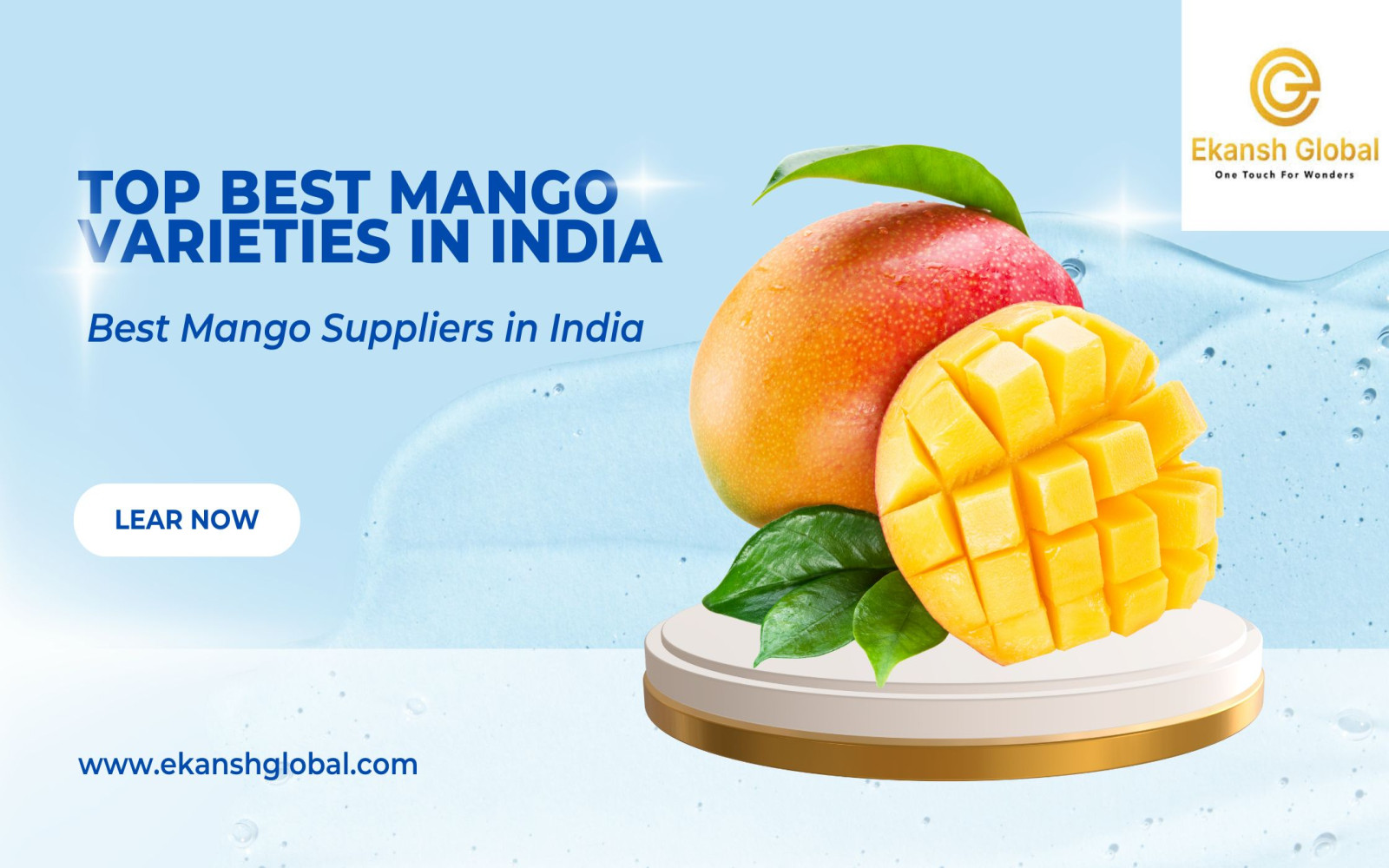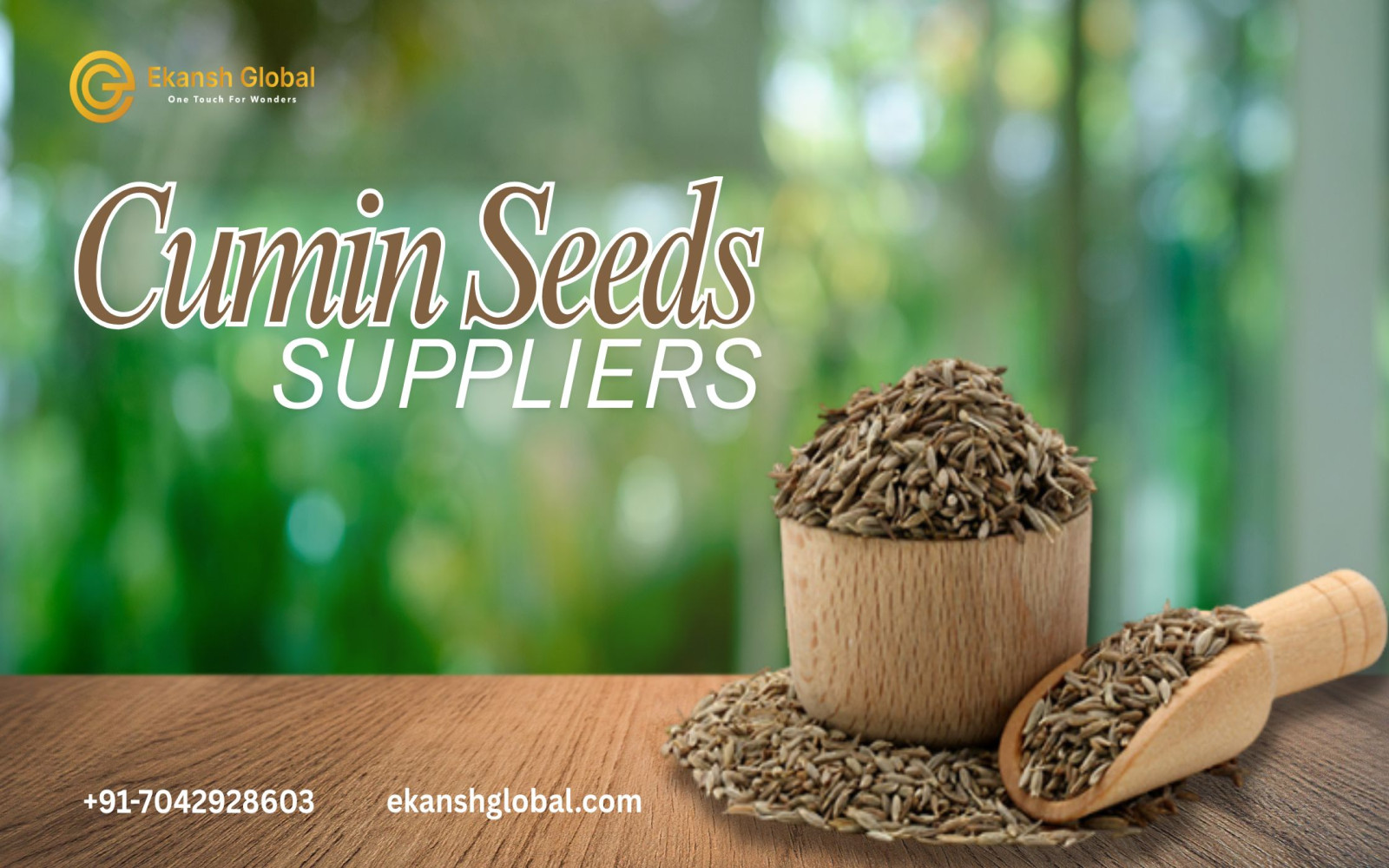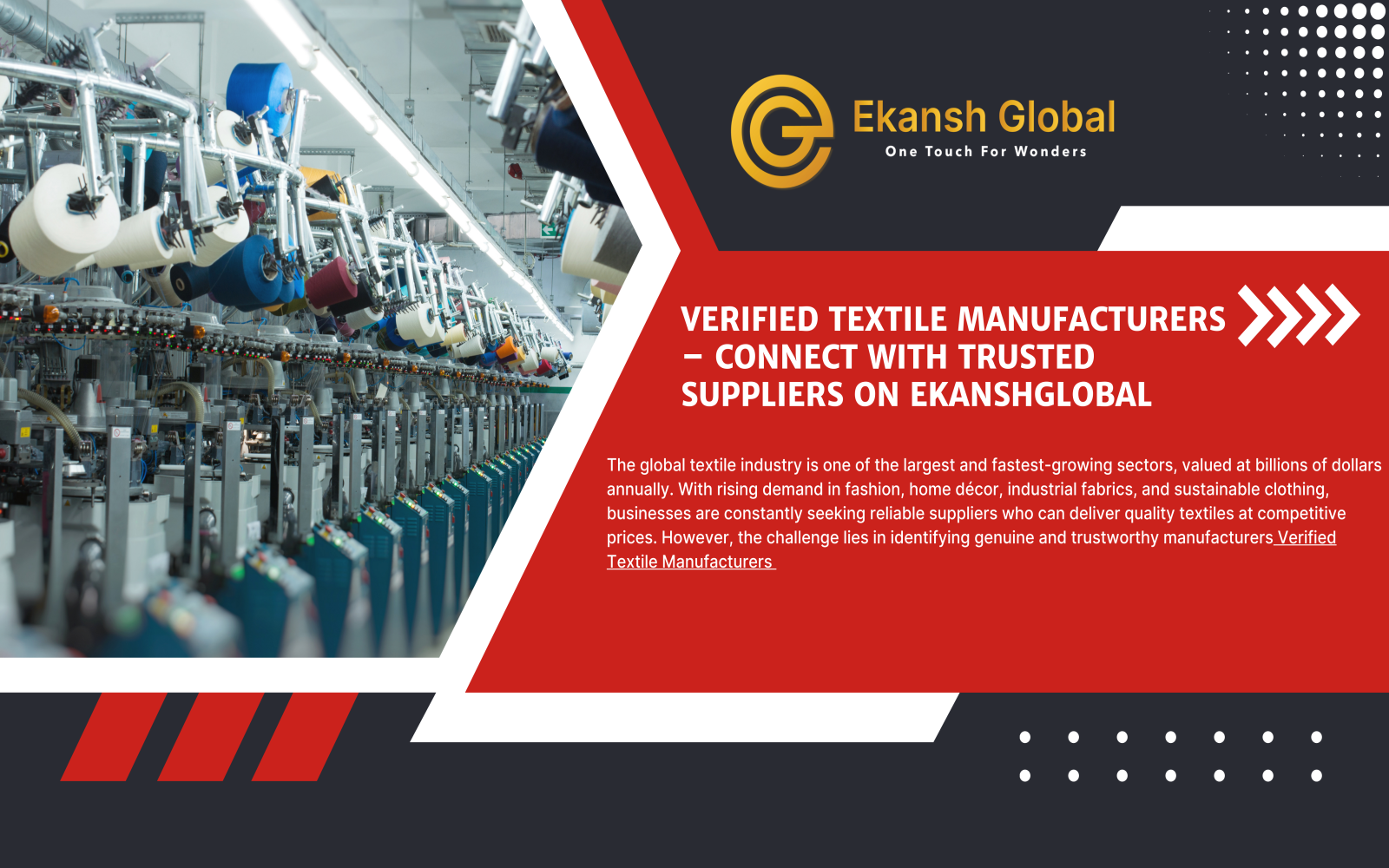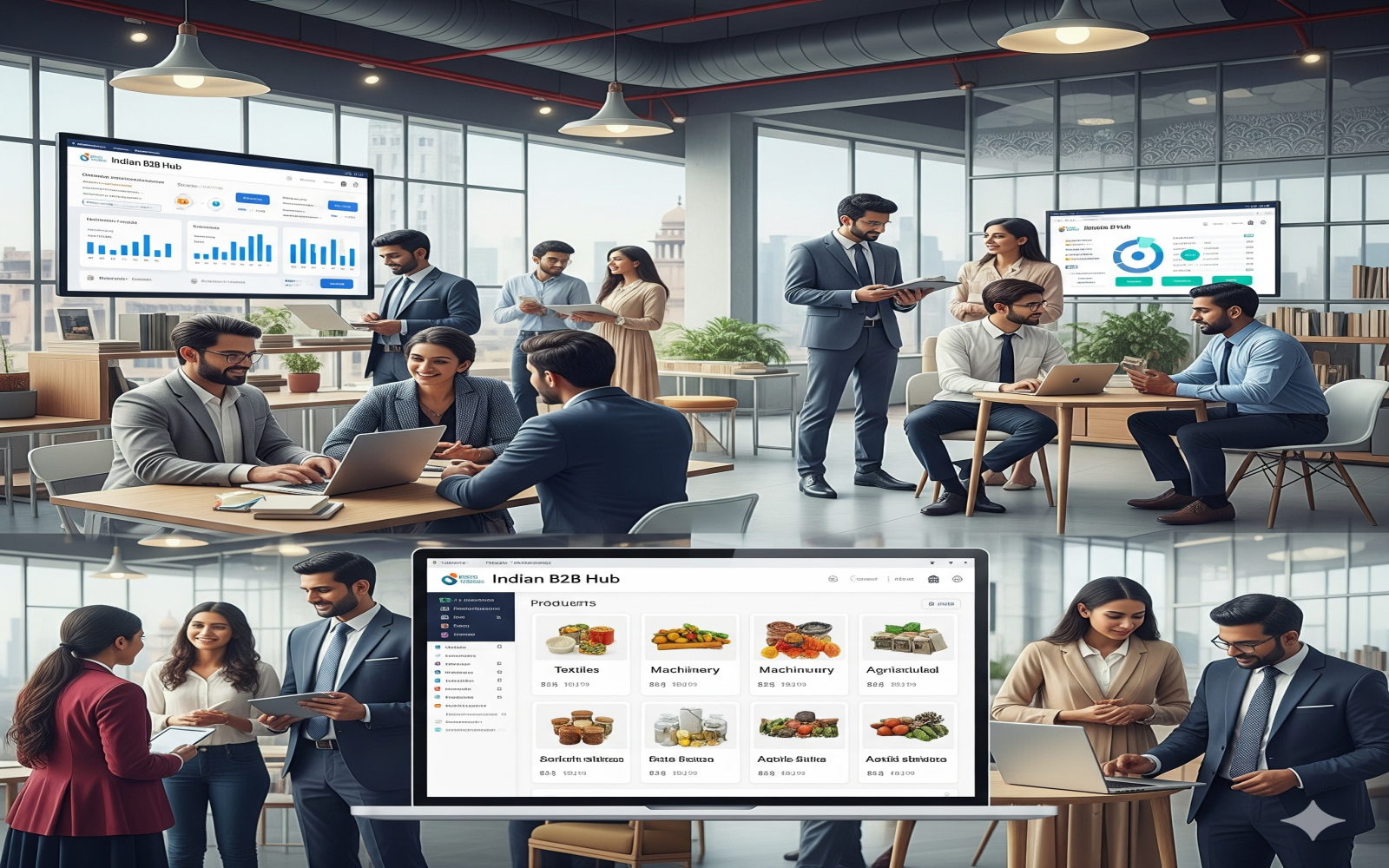How to Choose the Right Textile Chemical Supplier for Your Business
Posted By: Admin
Why choosing the right textile chemical supplier in India is no longer just a purchase decision—it is a long-term strategic business move. Your supplier is not simply a vendor but a partner who directly contributes to your production efficiency, brand reputation, and competitiveness in the global market. By ensuring a reliable supply of high-quality chemicals, offering technical expertise, and supporting innovation, the right supplier can help your business achieve consistent growth, customer satisfaction, and sustainable success.
Textile chemicals are not just additives; they are the foundation of fabric excellence. Whether it is dyeing, bleaching, finishing, printing, or pre-treatment, each process requires a specific set of chemicals that directly influence durability, softness, elasticity, water resistance, and even eco-friendliness of the end product. For instance, the right dyeing auxiliaries ensure uniform color shades, while finishing chemicals enhance the feel and performance of the fabric, making it suitable for various applications such as apparel, home textiles, and industrial fabrics.
With consumer demands evolving rapidly—focusing on comfort, sustainability, and innovation—the importance of selecting the right chemical inputs has grown tremendously. A poorly chosen chemical supplier can result in inconsistent quality, higher rejection rates, production delays, and even environmental compliance issues. On the other hand, the right supplier can provide cutting-edge formulations, eco-friendly alternatives, and consistent product availability that align with global standards and customer expectations.
Key Factors to Consider When Choosing the Right Textile Chemical Supplier
Selecting the right textile chemical supplier is one of the most critical decisions for textile manufacturers. Since textile chemicals directly impact the quality, durability, and sustainability of the final product, it’s important to look beyond just price and availability. Below are the eight most important factors to evaluate, explained in detail:
1. Evaluate Product Quality
Quality should always be at the top of your priority list because the chemicals you choose will determine the final output of your textiles. High-performance chemicals ensure better color fastness, smoother finishing, and enhanced durability of fabrics. Poor-quality chemicals, on the other hand, can lead to fading colors, rough textures, and increased defect rates, which may harm your brand reputation.
When assessing suppliers, check if their products meet international quality standards. Certifications such as ISO, REACH, and OEKO-TEX are strong indicators that the chemicals are safe for both consumers and the environment. For example, OEKO-TEX certified products guarantee that the chemicals are free from harmful substances, making them ideal for manufacturers working with global fashion brands that demand compliance with sustainability regulations.
2. Check Industry Experience
Experience in the textile chemical industry matters because it ensures that the supplier has in-depth knowledge of different fabrics, processes, and global compliance requirements. An experienced supplier can quickly understand your production challenges, recommend suitable formulations, and provide solutions that help maintain product consistency.
For instance, a supplier with decades of experience in dyeing auxiliaries will be better equipped to guide you on avoiding color bleeding or uneven shades. They can also share best practices to reduce wastage and improve efficiency. Partnering with such seasoned suppliers minimizes risks and adds long-term stability to your supply chain.
3. Assess Product Range
The textile industry is diverse, and so are its chemical requirements. From pre-treatment to finishing, every stage requires specialized products. A good supplier should provide a comprehensive product portfolio that covers:
Dyeing auxiliaries – to ensure uniform dye absorption and brilliant shades.
Printing chemicals – to enhance sharpness, brightness, and wash fastness.
Bleaching agents – to achieve a clean, bright base fabric without damaging fibers.
Finishing chemicals – for properties like softness, wrinkle resistance, water repellency, or flame retardancy.
Pre-treatment solutions – to remove impurities and prepare fabrics for further processing.
Choosing a one-stop supplier for all these needs saves you the hassle of dealing with multiple vendors. It also ensures product compatibility, which reduces the risk of technical issues during production.
4. Sustainability and Eco-Friendliness
Sustainability is no longer a choice—it is a necessity. With governments and global brands enforcing stricter environmental regulations, manufacturers are expected to use eco-friendly textile chemicals. Customers, too, are increasingly conscious about buying products made with safe, sustainable practices.
Look for suppliers who focus on green chemistry—providing biodegradable, low-VOC, and non-toxic alternatives. For example, water-based finishing agents and bio-enzymes are replacing harsh chemicals in many textile processes. Partnering with a supplier that prioritizes sustainability not only helps reduce your environmental footprint but also strengthens your brand’s image in the global market.
5. Technical Support and Innovation
A reliable supplier should act as more than just a vendor—they should be a technical partner. The textile industry is highly dynamic, with constant innovation in fabrics, finishes, and chemical formulations. Suppliers who offer technical support can provide R&D collaboration, on-site training, and troubleshooting assistance to help you stay ahead of competitors.
For example, if you’re introducing a new type of performance fabric, an innovative supplier can recommend the latest finishing chemicals that improve stretchability, moisture-wicking, or anti-microbial properties. This not only adds value to your product line but also gives you a competitive advantage in the marketplace.
6. Pricing and Cost-Effectiveness
While cost is always a factor, the cheapest option isn’t always the most cost-effective in the long run. Low-cost chemicals often lead to higher defect rates, lower efficiency, and additional reprocessing costs. Instead, focus on the value proposition a supplier offers.
Ask questions such as:
Does the product reduce energy or water consumption during processing?
Does it minimize fabric wastage?
Will it improve efficiency and reduce downtime?
Suppliers who offer high-quality, efficient chemicals may have slightly higher upfront costs, but they can help you save significantly by improving overall productivity and reducing operational losses.
7. Supply Chain Reliability
Timely delivery of textile chemicals is essential for uninterrupted production. Even the best products lose their value if they don’t arrive on time. A reliable supplier should have a robust logistics system, sufficient stock availability, and a wide distribution network to ensure you never face production delays.
For instance, if you’re working with export orders that have strict deadlines, a supplier’s inability to deliver on time can result in heavy penalties or loss of client trust. That’s why evaluating a supplier’s supply chain strength is just as important as assessing product quality.
8. Customer Reviews and Reputation
Finally, before committing to a supplier, always check their market reputation. Go through client testimonials, case studies, and industry references. Suppliers with a strong track record of serving well-known textile manufacturers are more likely to provide consistent quality and service.
You can also connect with other businesses in your network to get honest feedback about the supplier. In today’s digital age, even online platforms and B2B portals provide valuable insights into customer satisfaction levels. A supplier with a good reputation is a safer and more reliable choice.
Conclusion
Choosing the right textile chemical supplier requires careful consideration of multiple factors, including quality, experience, product range, sustainability, technical support, pricing, reliability, and reputation. The right supplier will not just meet your chemical needs but will act as a long-term partner, helping you maintain product excellence, achieve sustainability goals, and stay competitive in a fast-evolving textile industry.
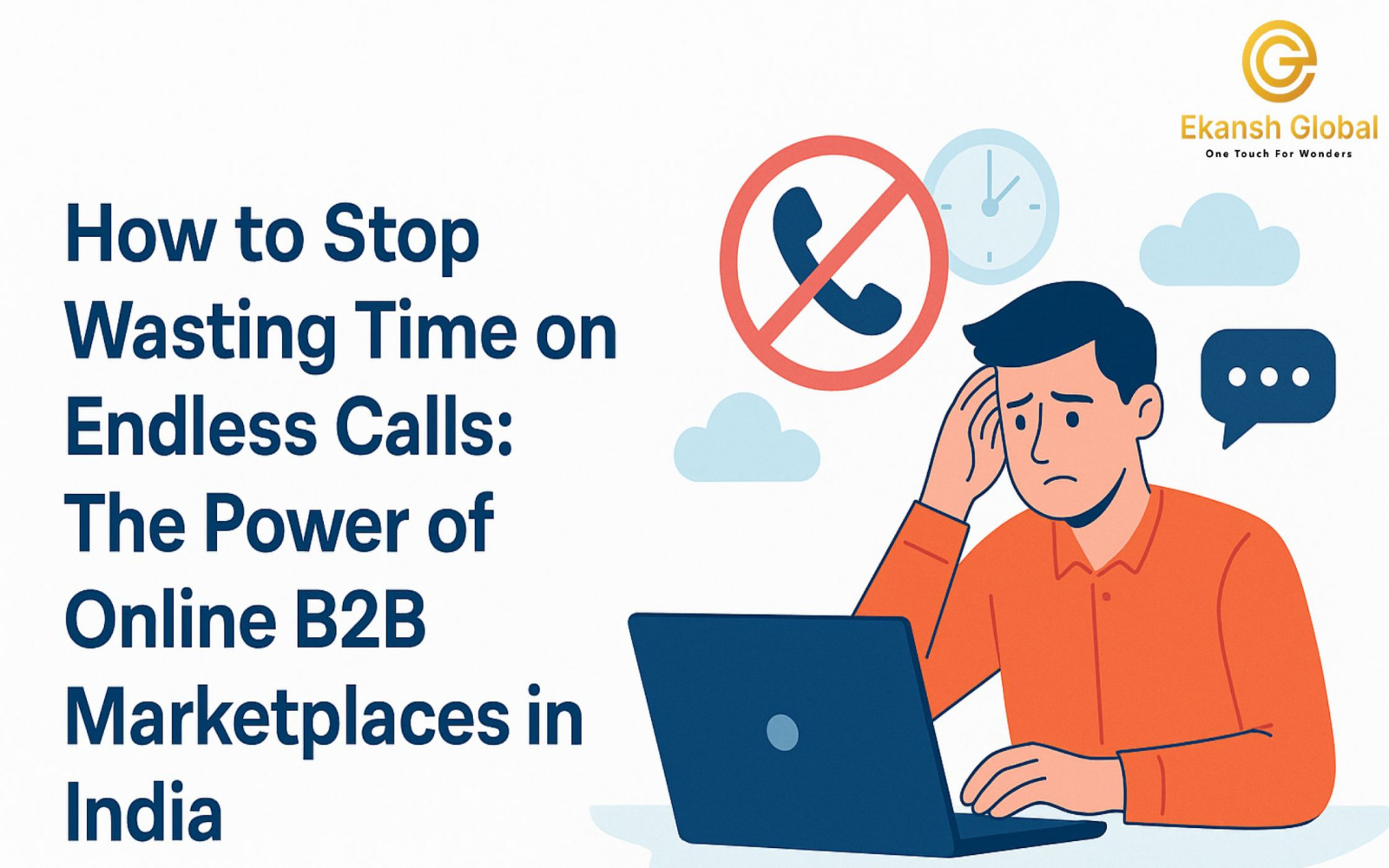
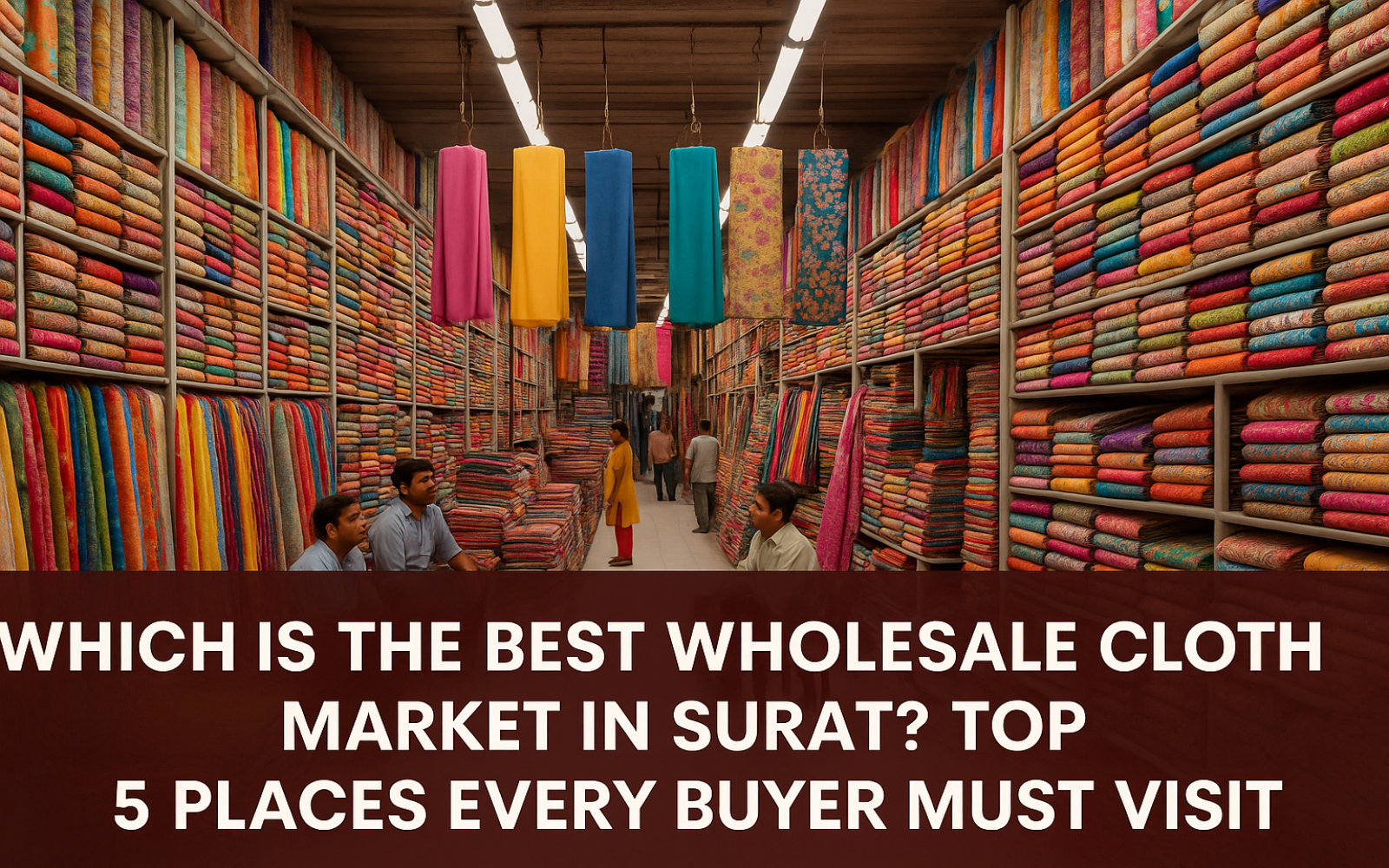
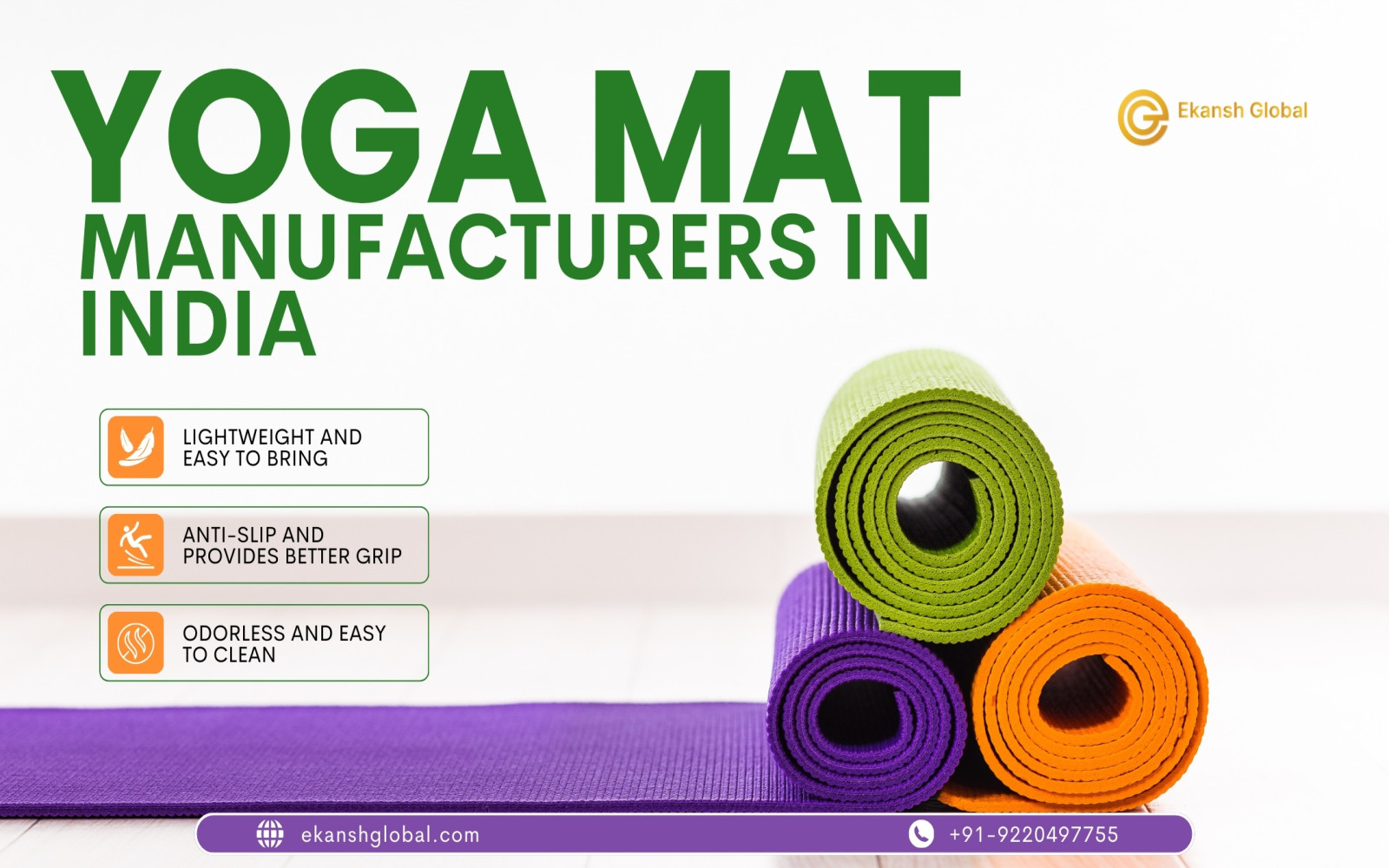
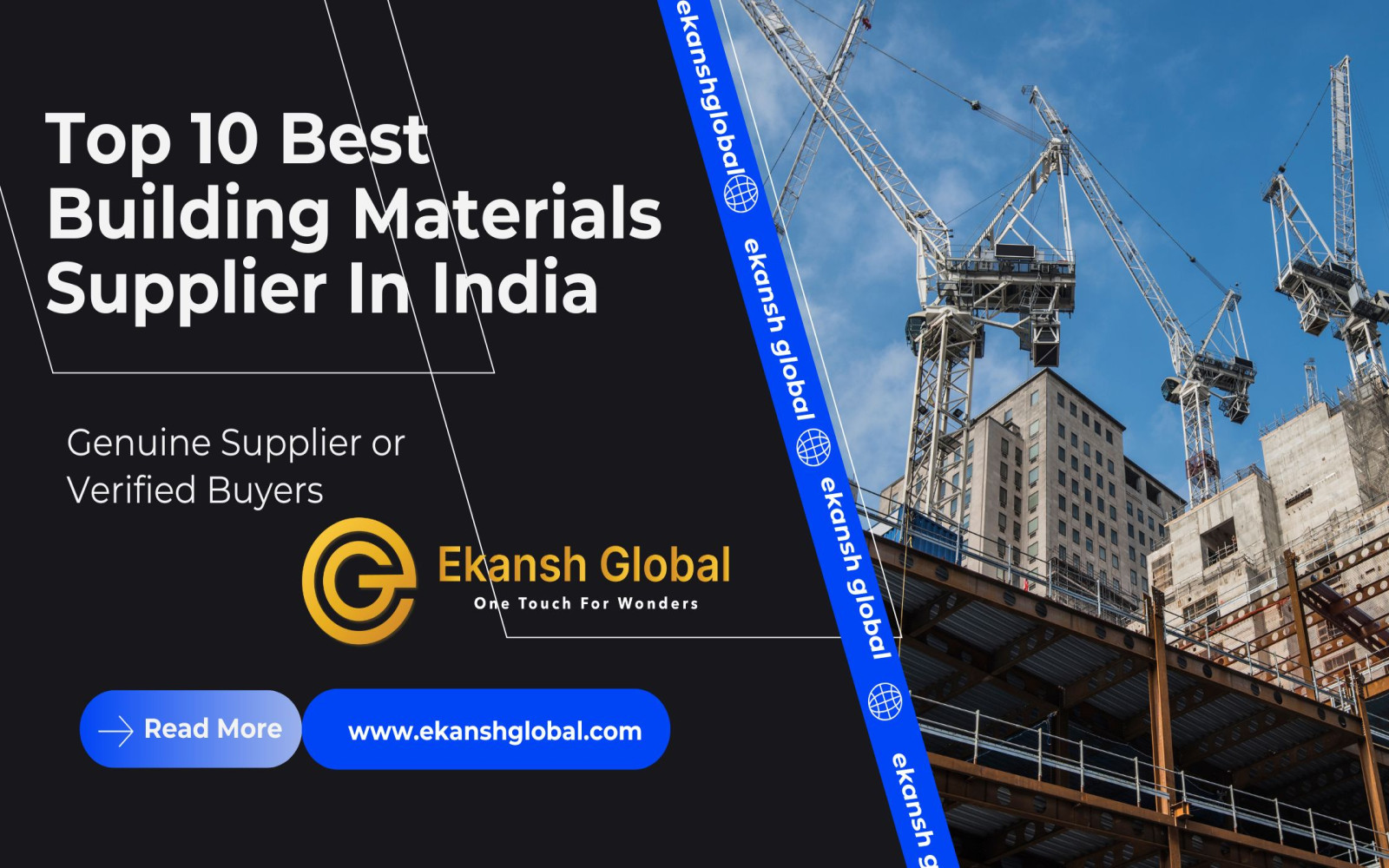
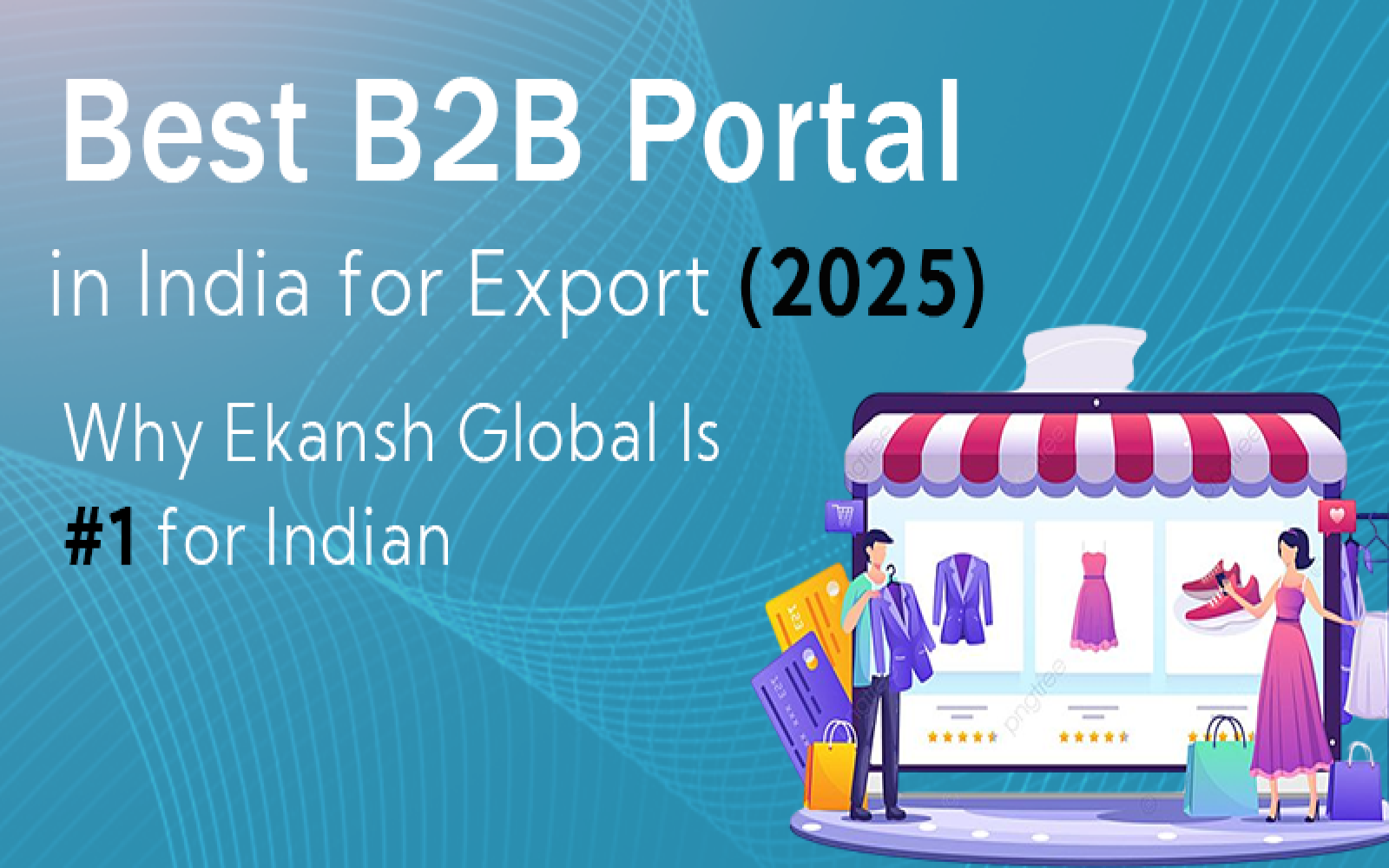
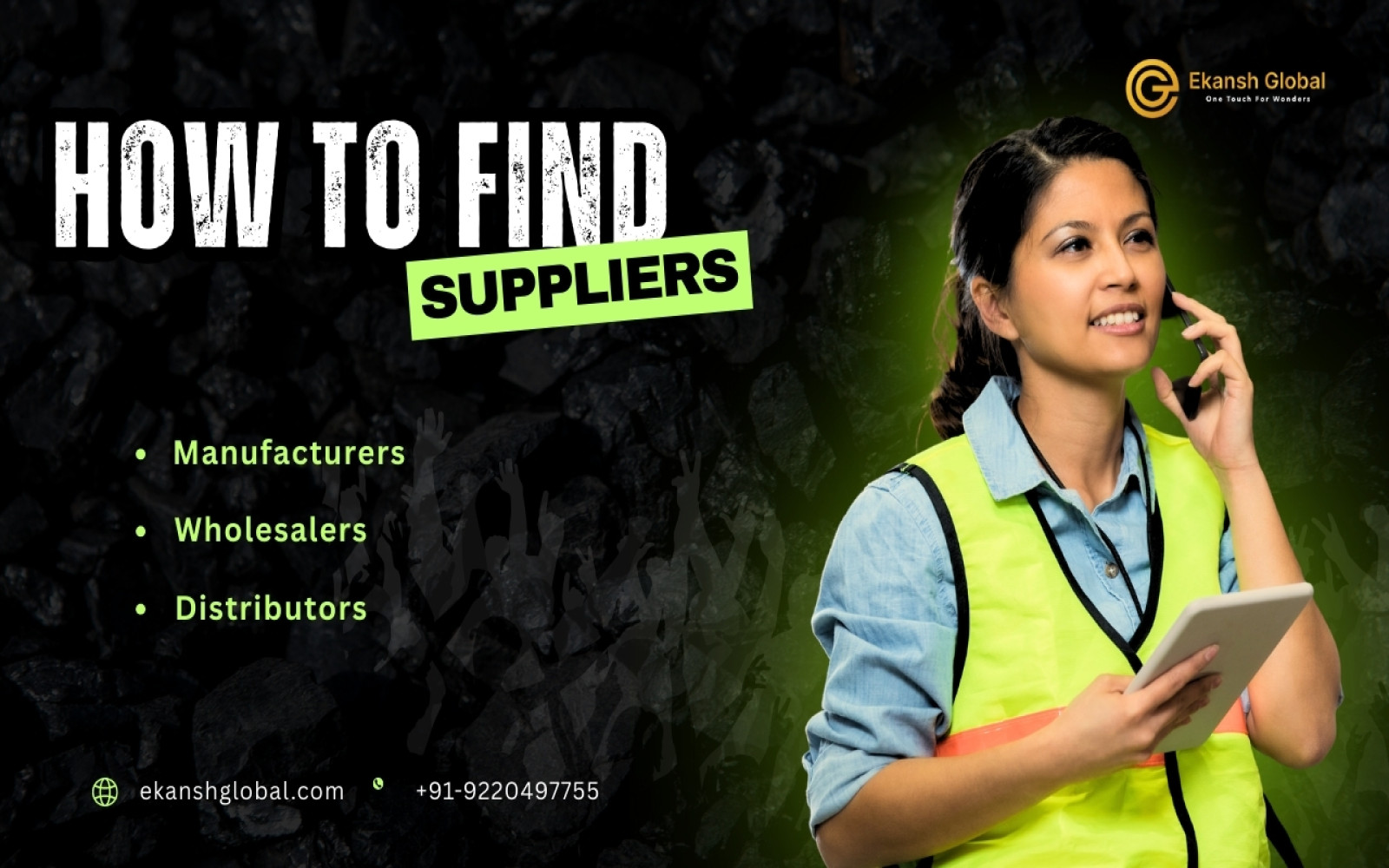
About Me

Ekansh Global Private Limited connects Indian products with global buyers, offering reliable export-import services to simplify and support safe, successful international trade for businesses worldwide.
EKANSH GLOBAL
Categories
- Agriculture
- Apparel & Fashion
- Auto & Automobile Accessories
- Construction & Building Material
- Gifts & Crafts
- Health & Beauty
- Home Supply
- Industrial Machinery
- Industrial Supplies
- Kitchen Utensils & Appliances
- Lab Instruments & Suppliers
- Leather
- Natural Stone
- Office Supplies
- Packaging & Paper
- Plastic
- Textiles & Fabrics
- Tools & Equipment
- F.M.C.G
- Ayurvedic and Herbal product
- Sports Goods / Equipment
- Stationery Products





